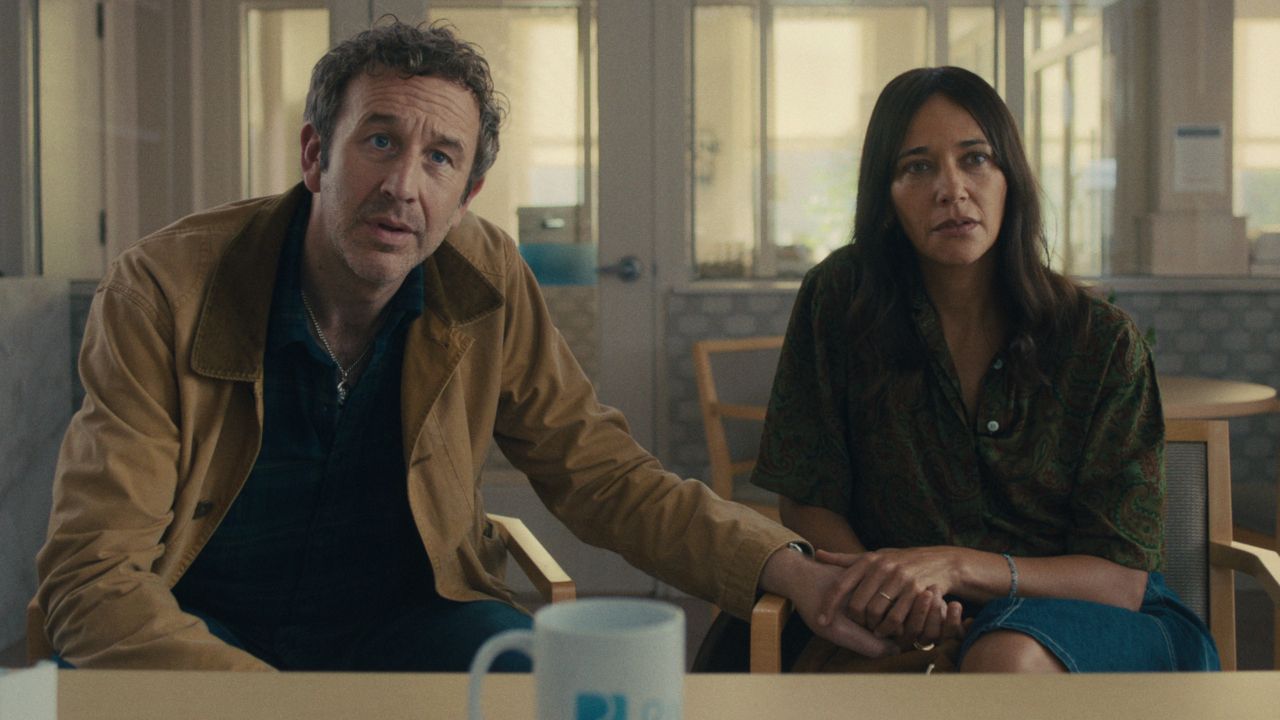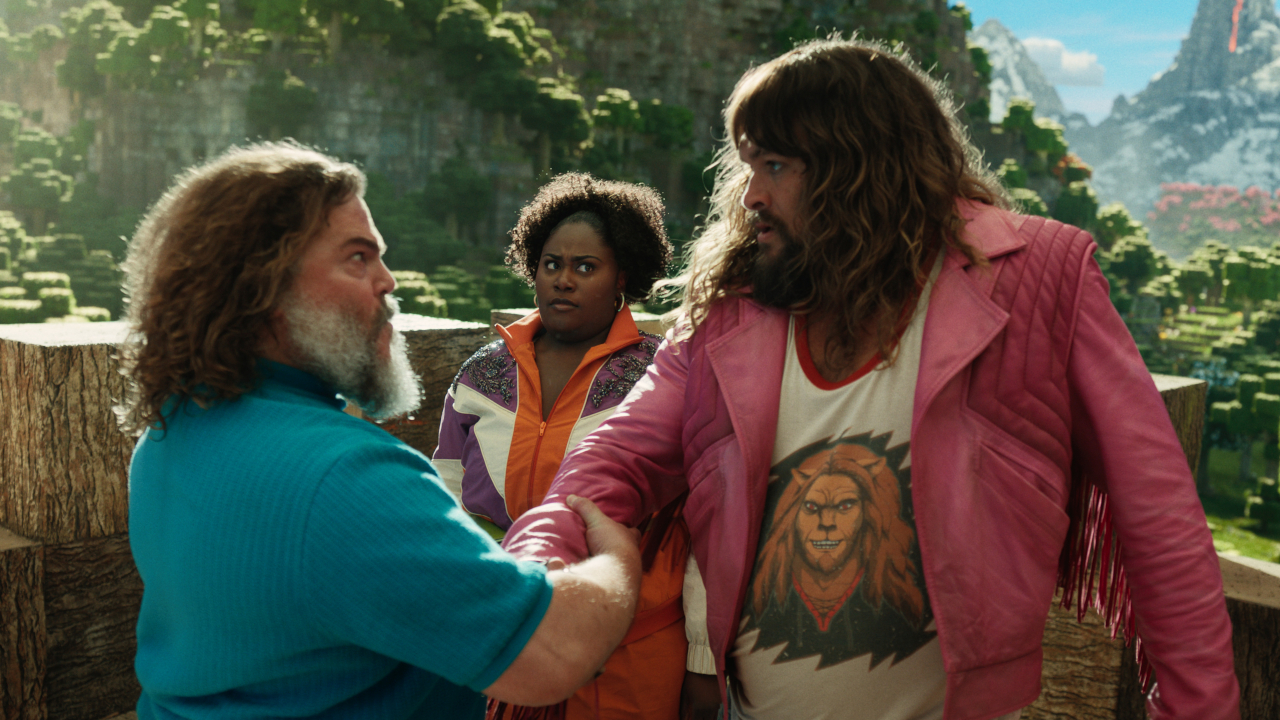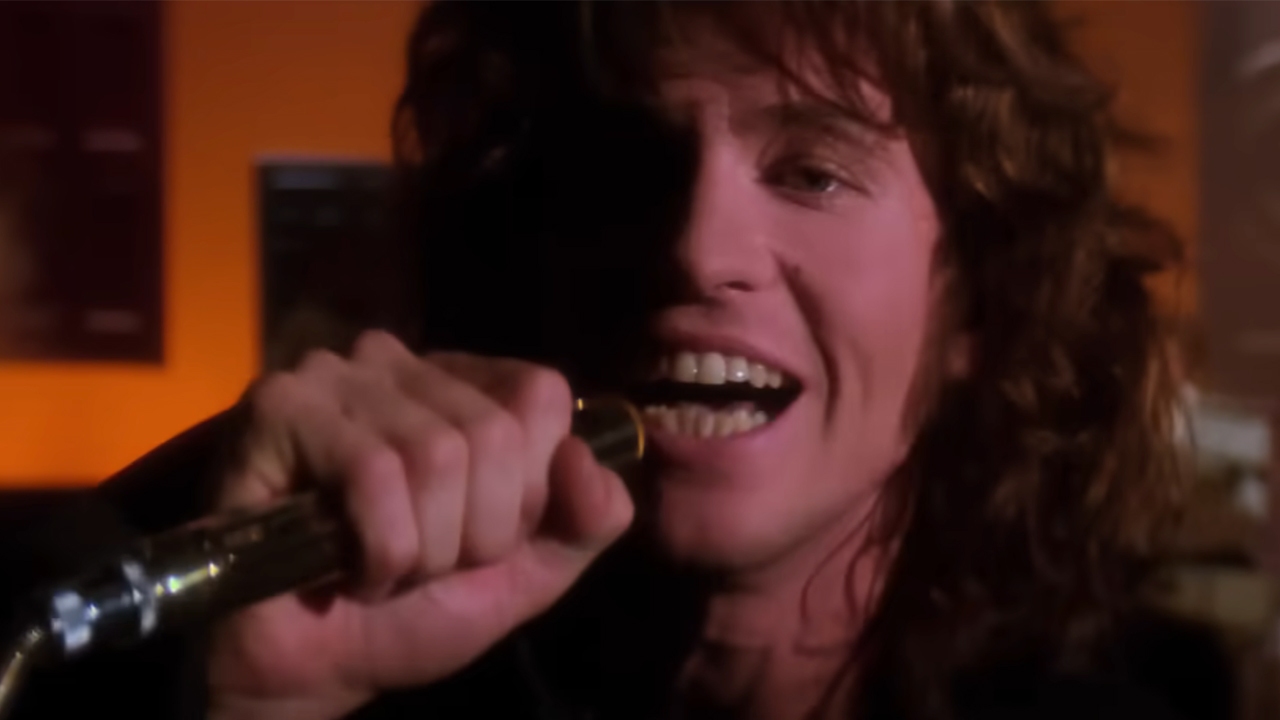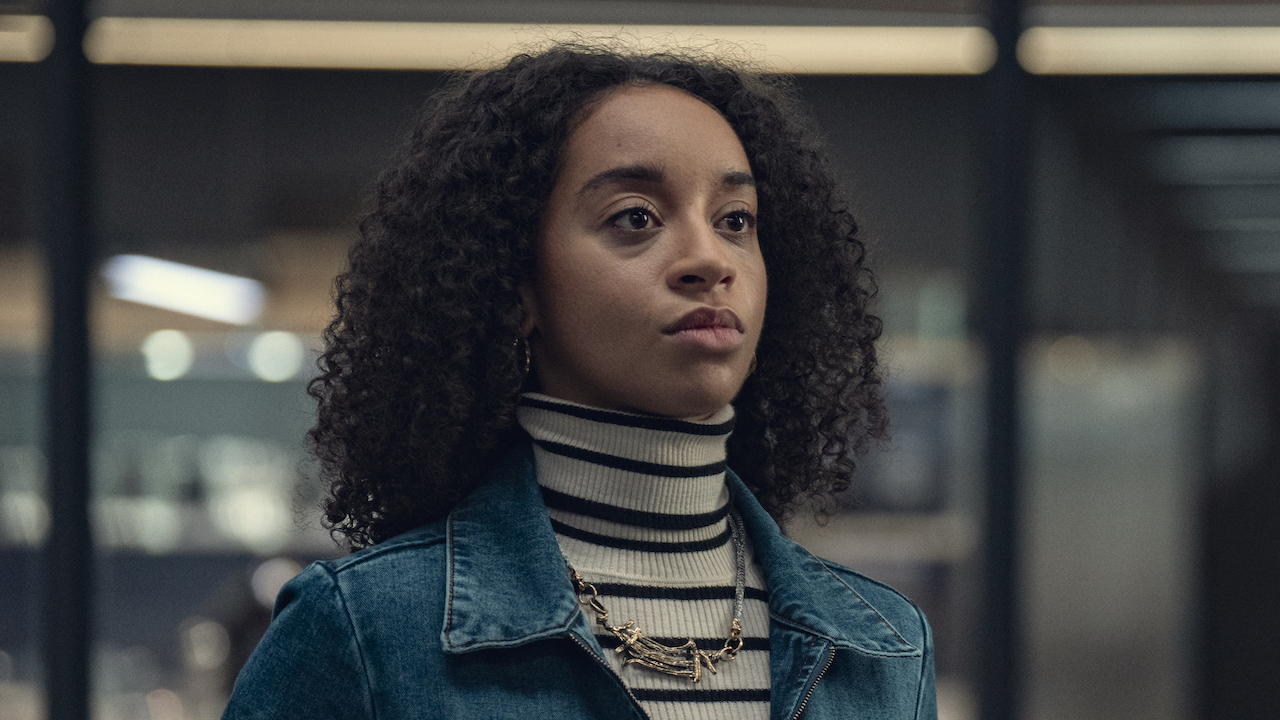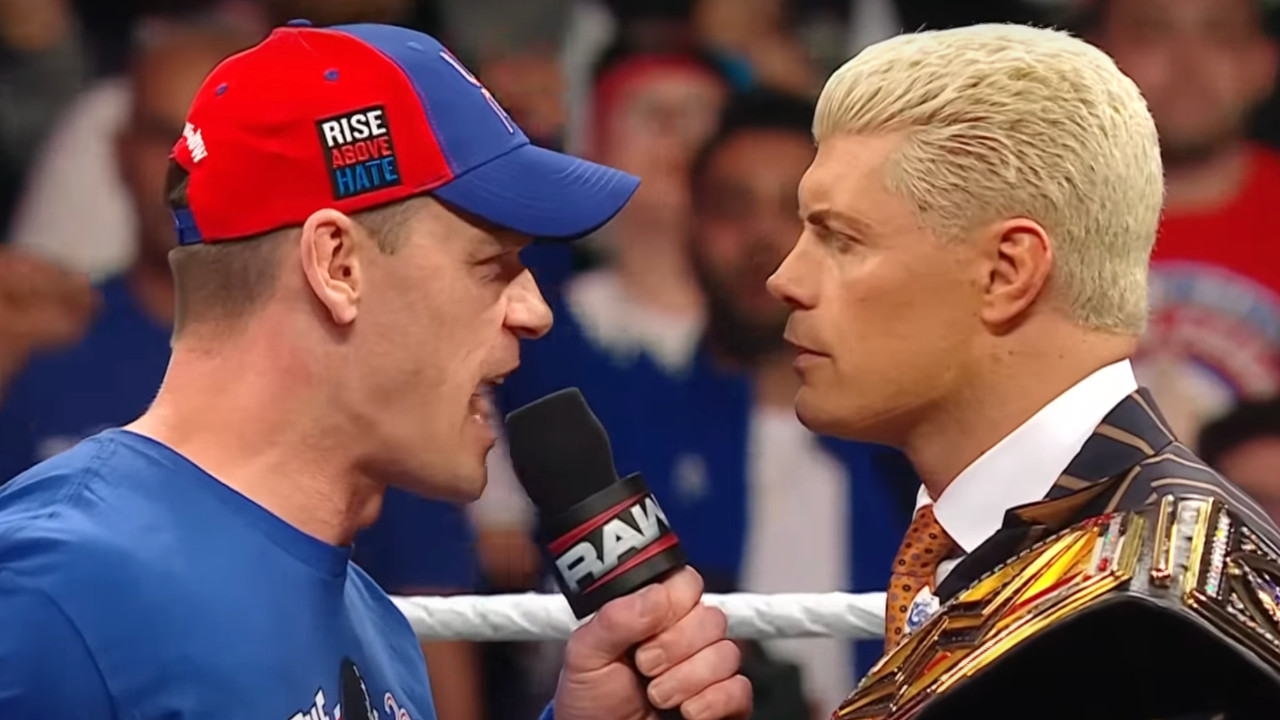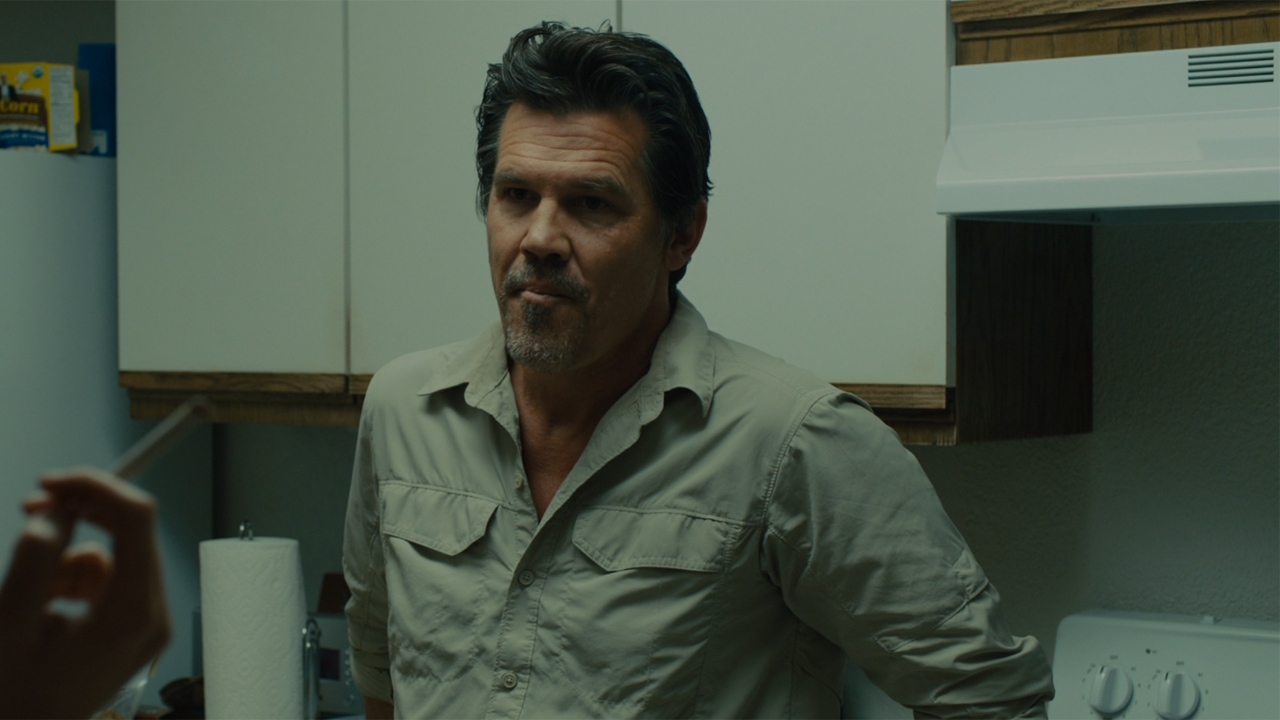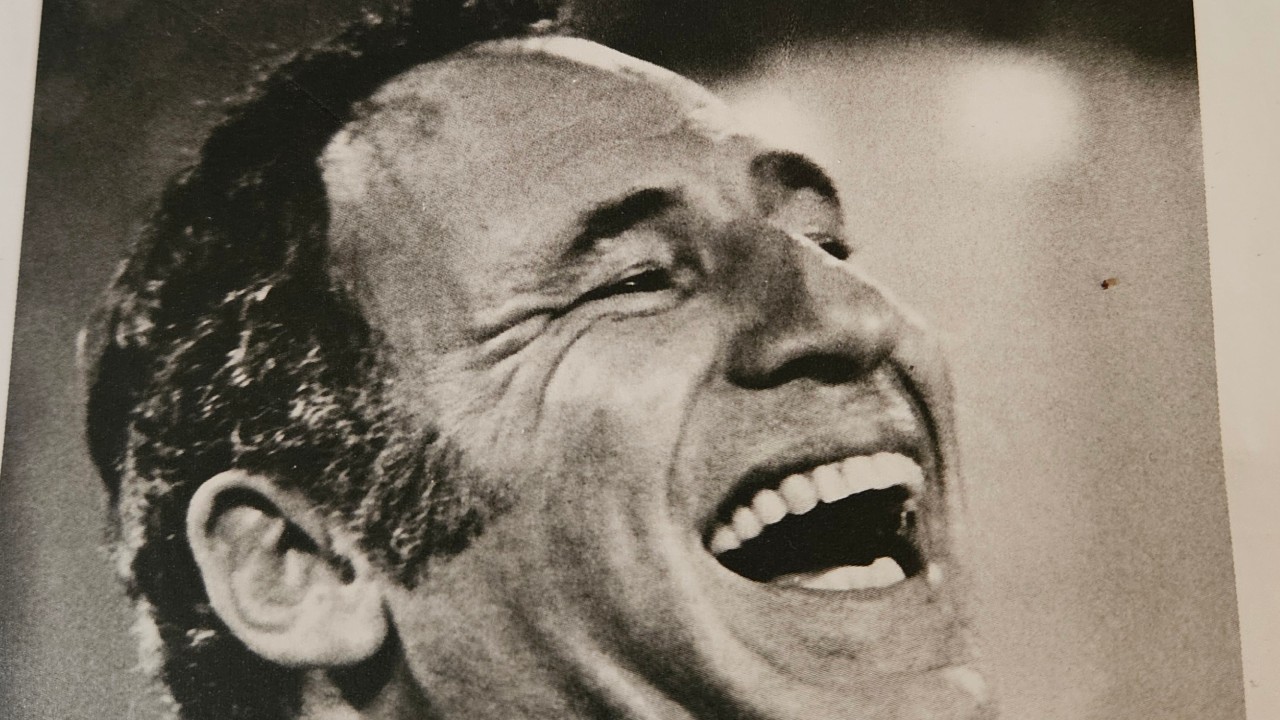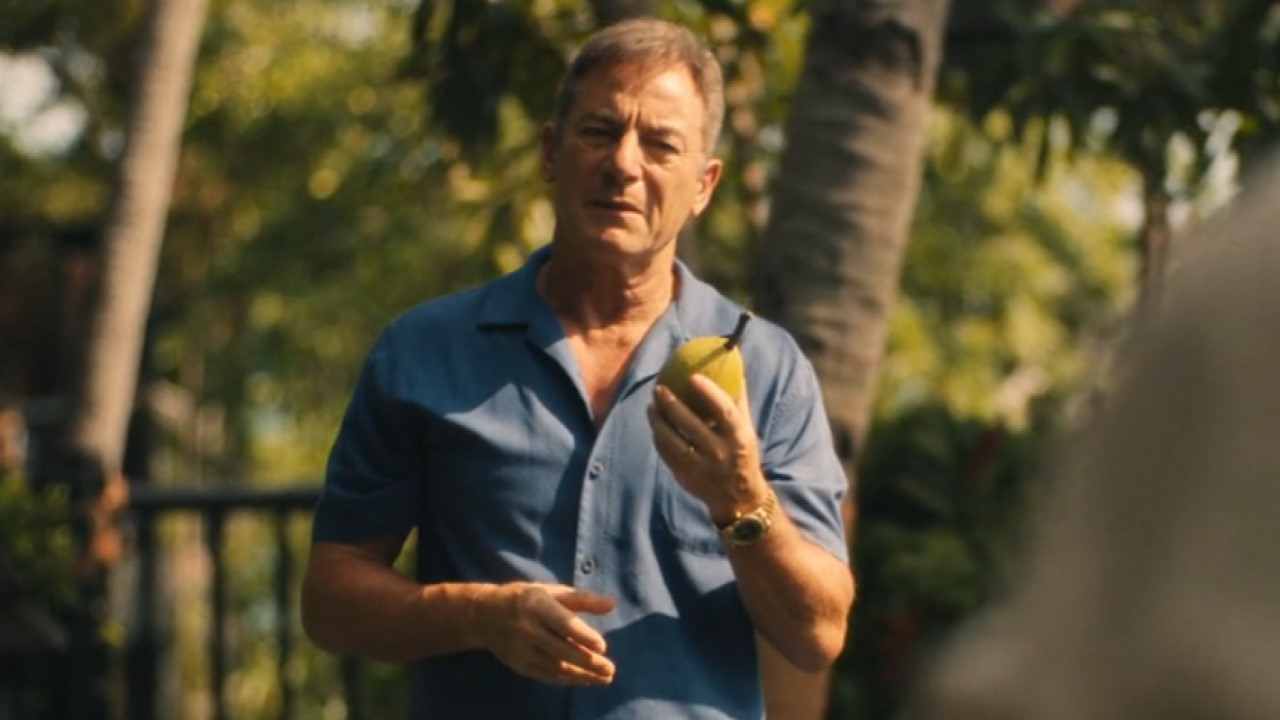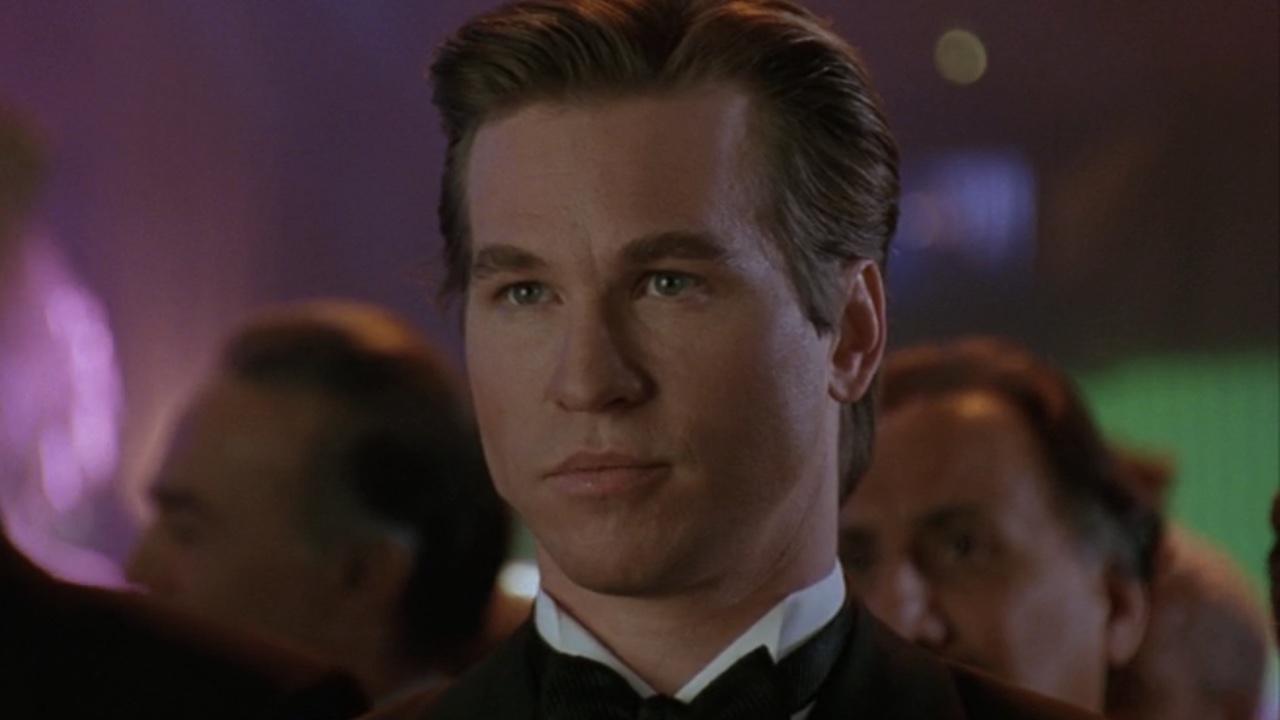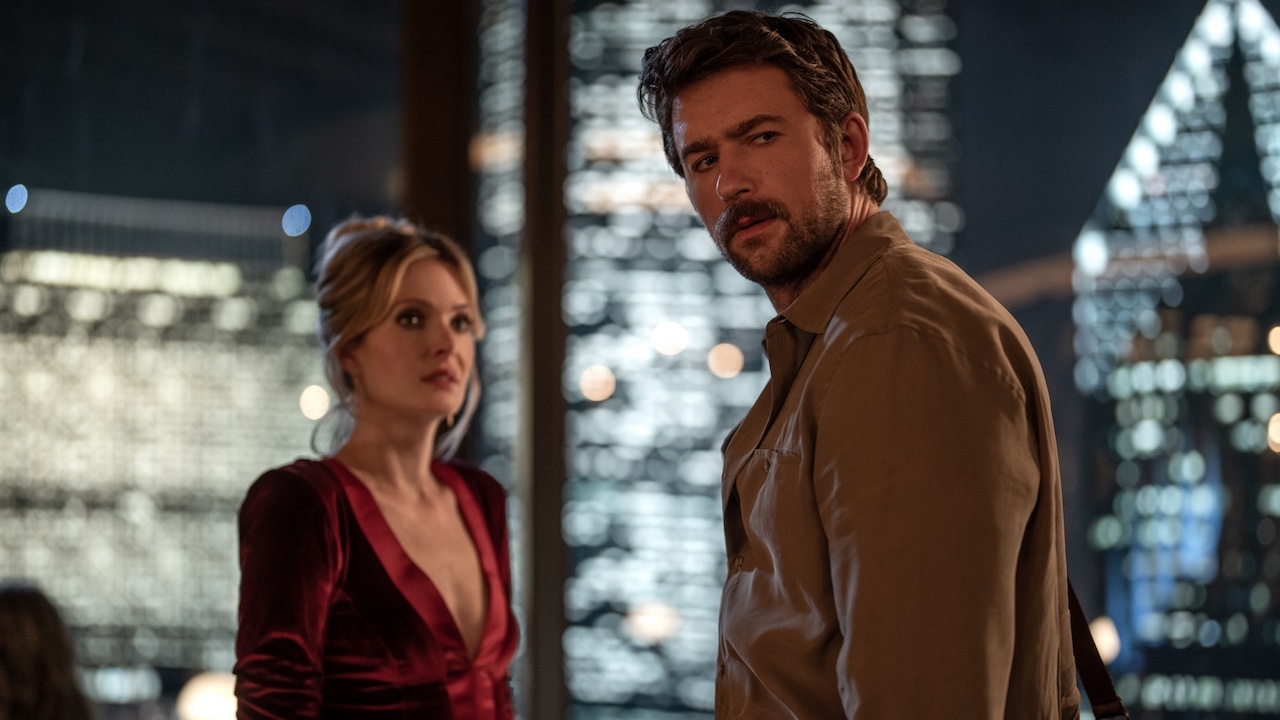32 TV Shows That Went On Way Too Long
These series didn't know when to throw in the towel.
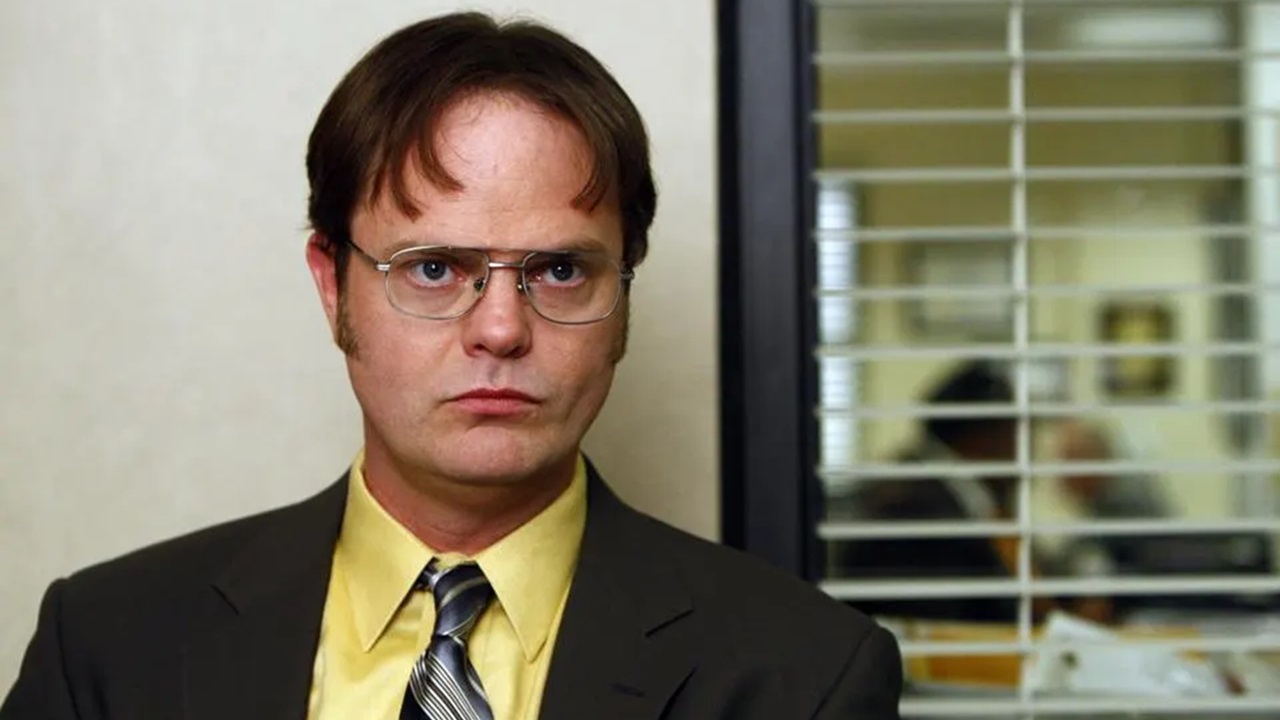
There are those shows that ended long before we wanted them to, from '90s one-season wonders like Freaks & Geeks and My So-Called Life to perfectly timed dramas like Succession and Breaking Bad. These are not those shows. Instead, these television titles overstayed their welcome, long after their biggest stars departed, or the critical acclaim and awards dried up, or the storylines made any sense. Here are 32 TV shows that simply went on way too long.
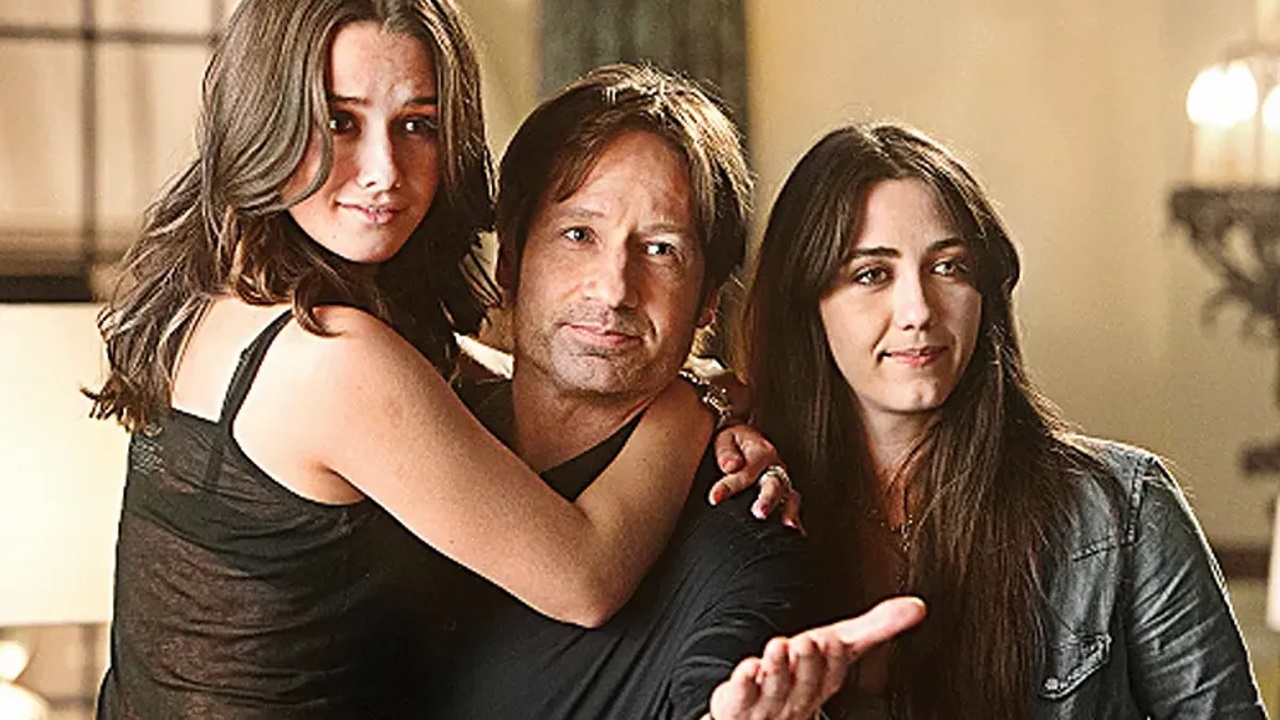
Californication
At the beginning of Showtime's Californication, which ran on the network from 2007 to 2014, the story of troubled novelist Hank Moody (David Duchovny) and his hedonistic ways felt fresh and edgy. But seven seasons of incessant drinking and womanizing majorly dulled any of that edge.
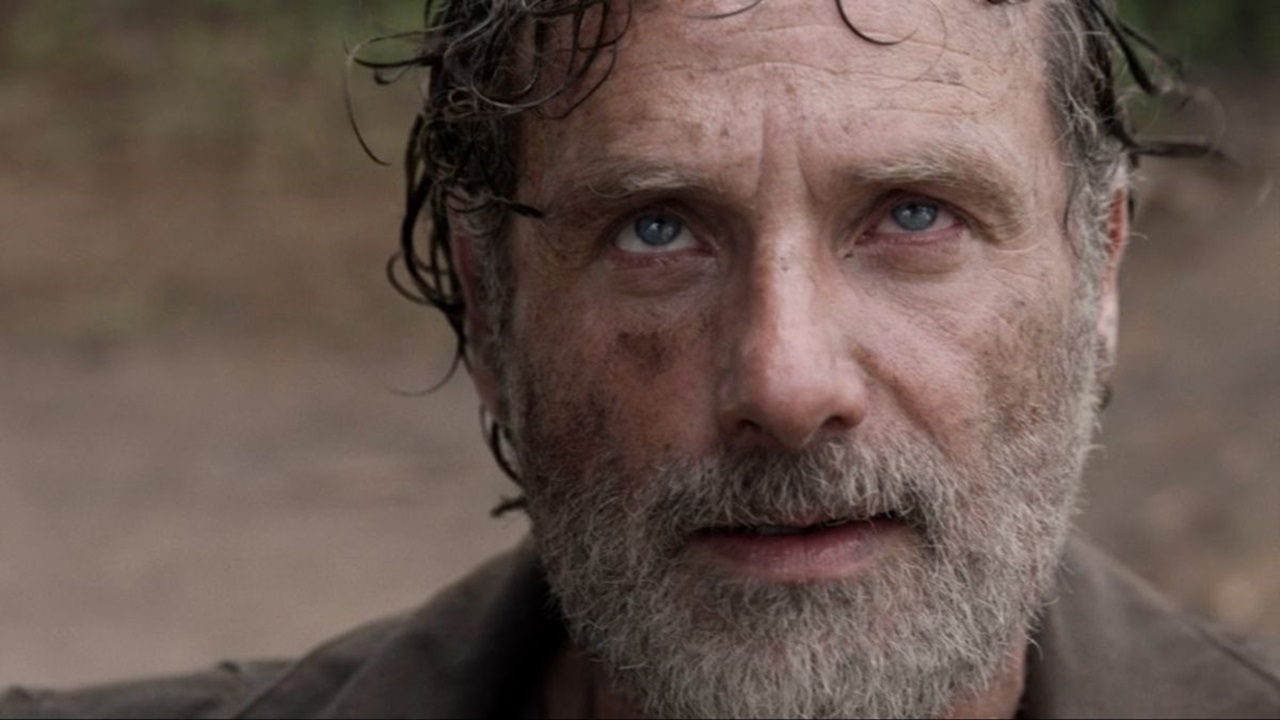
The Walking Dead
How long can people survive a zombie apocalypse? Apparently, for a while—the AMC flagship series The Walking Dead went on for an unfathomable eleven seasons and the survival story of Rick Grimes (Andrew Lincoln) and Michonne (Danai Gurira) still isn't over, having been picked up in the spin-off miniseries The Walking Dead: The Ones Who Live.
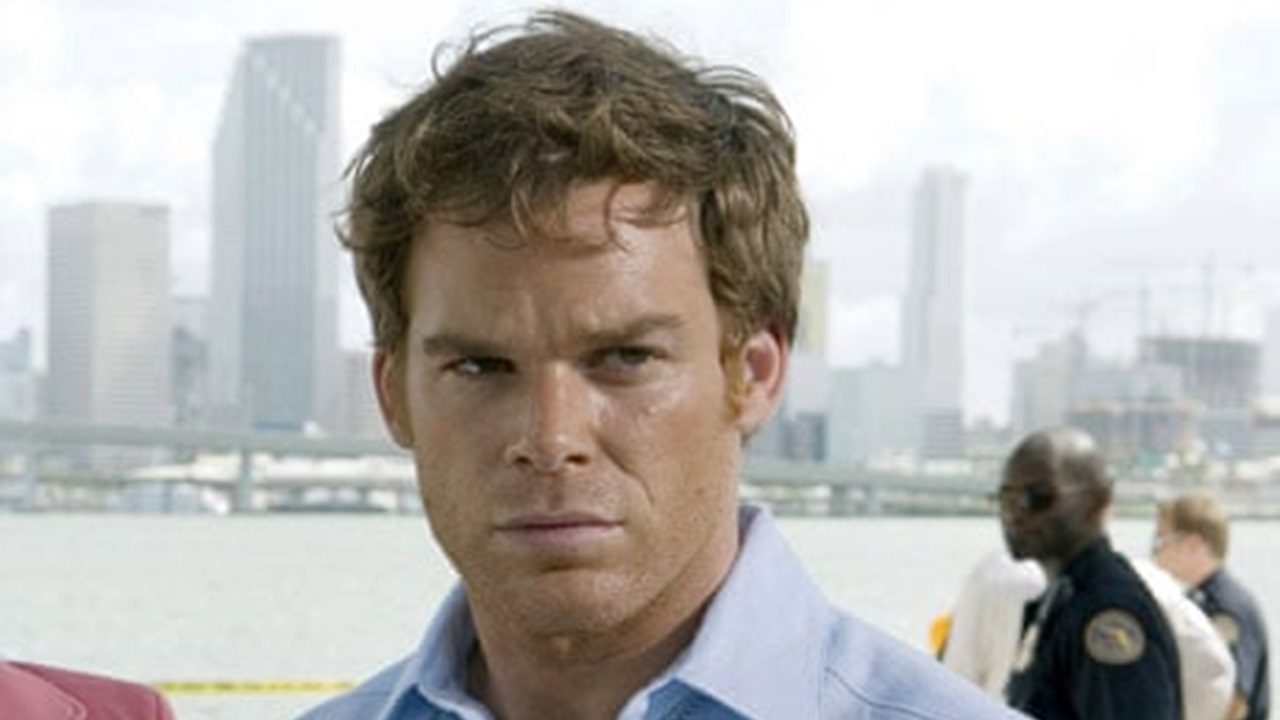
Dexter
One word: lumberjack. For eight seasons, the Showtime series followed Miami man Dexter Morgan (Michael C. Hall) as he worked as a forensic pathologist by day and a vigilante serial killer by night. Spending nearly a decade watching Dexter get away with murder after murder felt both implausible and repetitive. And don't even get us started on that disappointing, woodsy series finale.
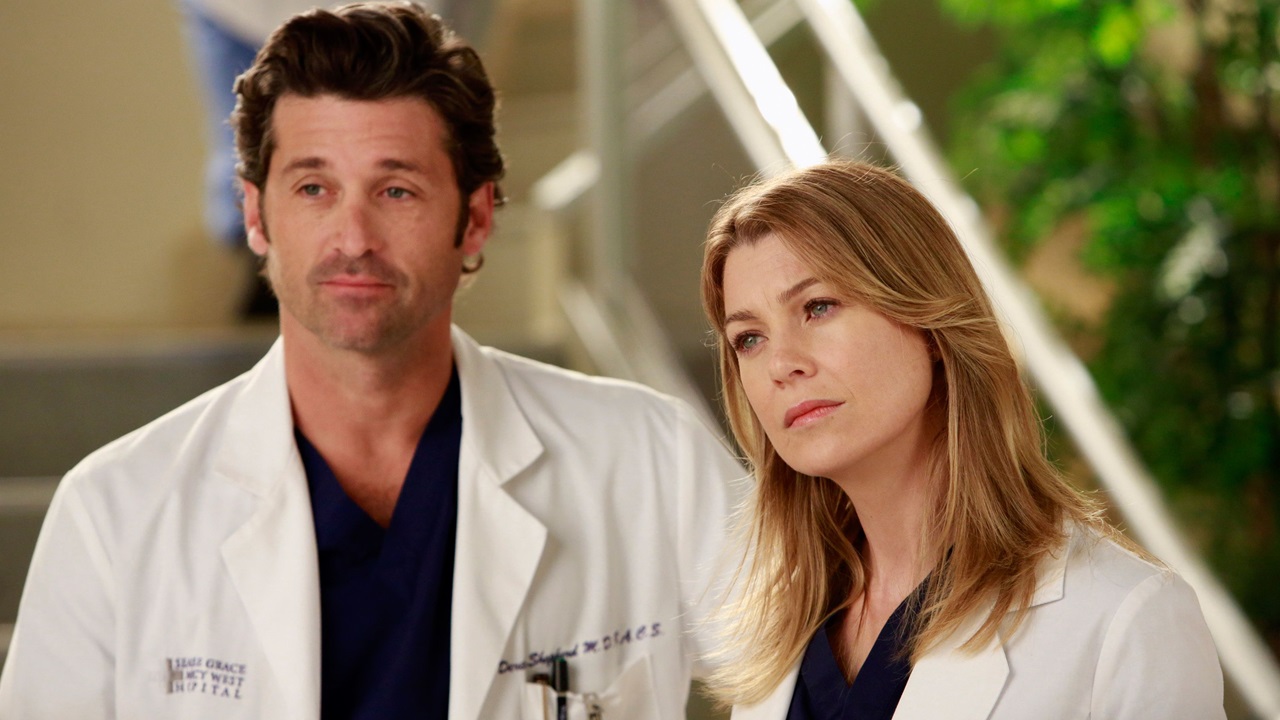
Grey's Anatomy
It's felt like Grey's Anatomy has been resuscitated more times than any of the patients at Seattle Grace. It's been the longest-running medical drama on primetime, but it became barely the Grey's that O.G. fans remember. In later seasons, lead actress Ellen Pompeo, who plays Meredith Grey, scaled back to a recurring role, and beloved original characters like Cristina Yang (Sandra Oh), Izzie Stevens (Katherine Heigl), and Alex Karev (Justin Chambers) were all long gone.
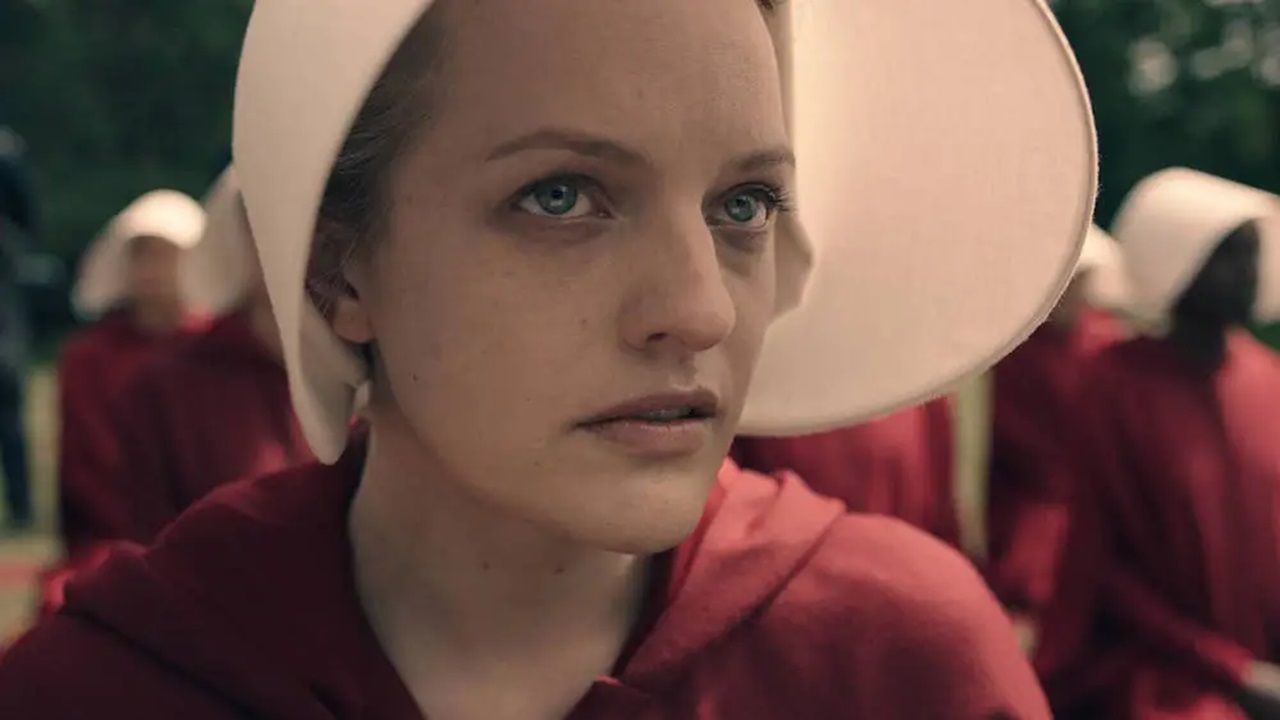
The Handmaid's Tale
There's plenty of argument to be made that Hulu's dragged-out dystopian drama The Handmaid's Tale—which sees fertile American women (played by the likes of Elisabeth Moss, Alexis Bledel and Samira Wiley) being forced into child-bearing slavery by a totalitarian government—should have been a one-and-done miniseries. After all, the 1985 Margaret Atwood novel on which it is based concluded after the events of the first season.
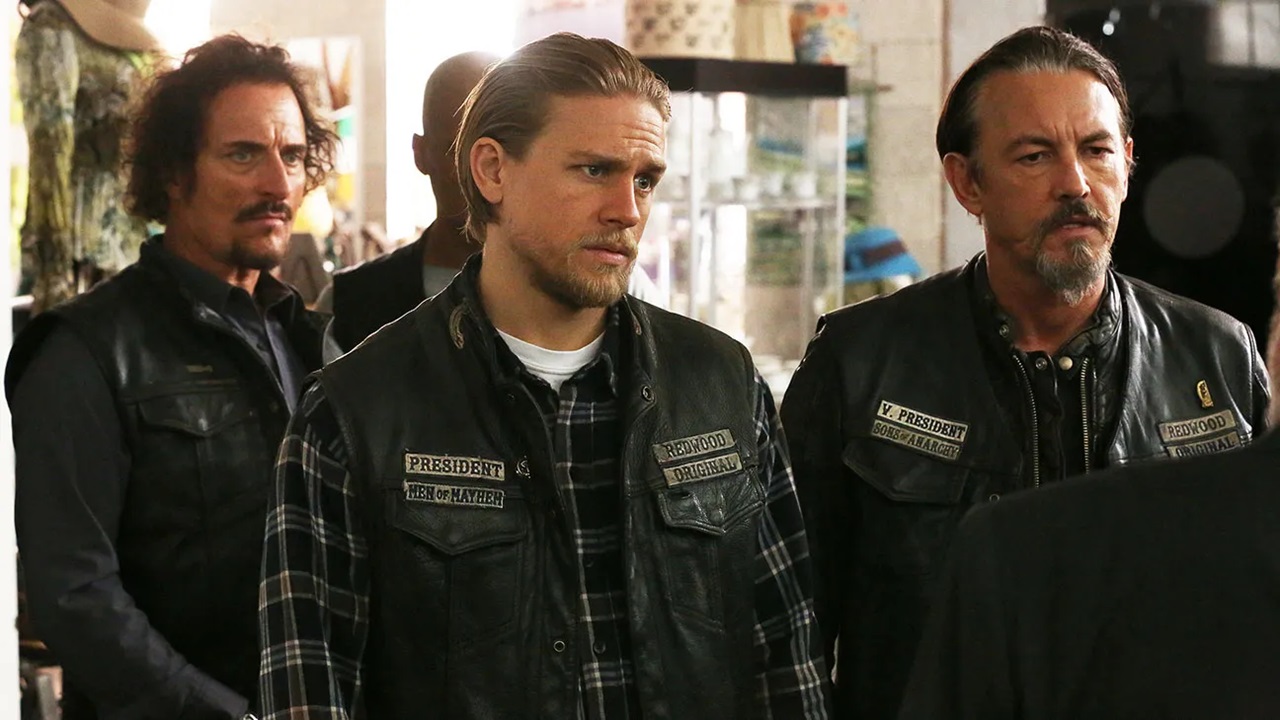
Sons of Anarchy
Too-long episodes (many of which pushed way past the traditional hour-long mark) and irredeemable characters made it hard to continue to care about Jax (Charlie Hunnam), Gemma (Katey Sagal) and the rest of the outlaw bikers in the Sons of Anarchy Motorcycle Club after seven seasons of the FX crime drama.
CINEMABLEND NEWSLETTER
Your Daily Blend of Entertainment News
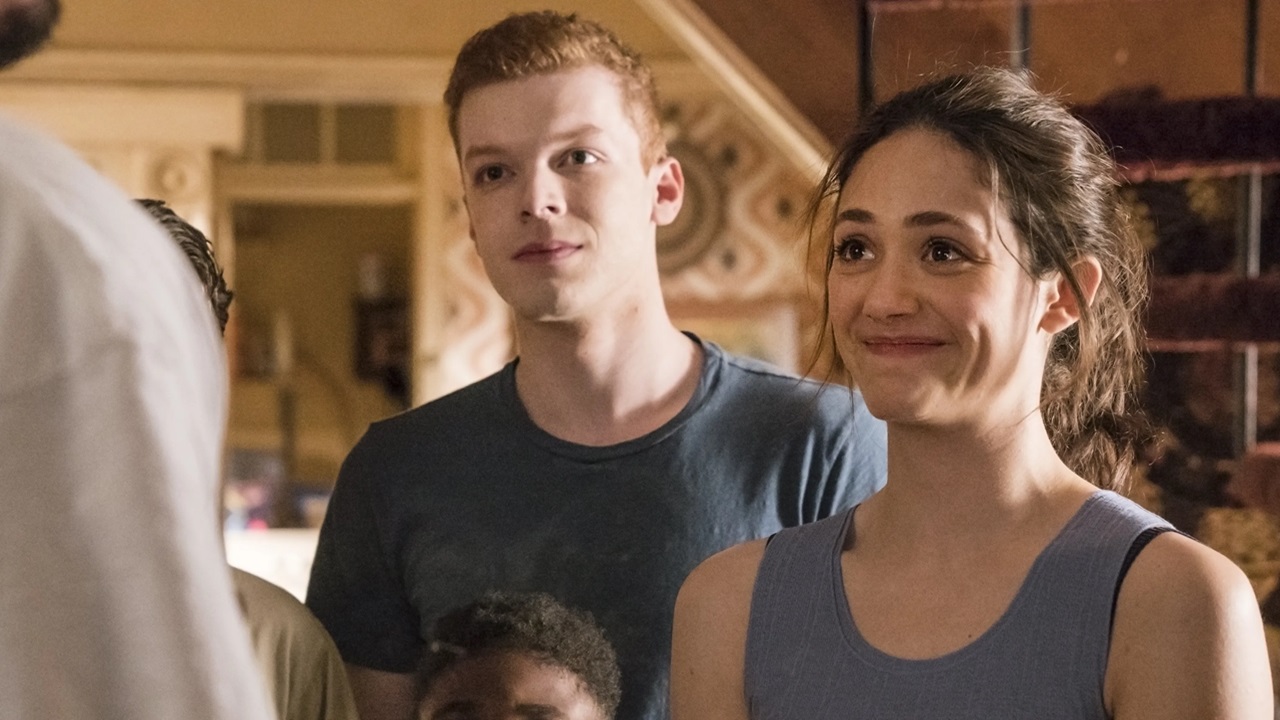
Shameless
Sure, Shameless had a jam-packed ensemble throughout its entire eleven season run, including Jeremy Allen White, William H. Macy, Cameron Monaghan and Shanola Hampton. But the grungy Showtime family drama lost its heart when lead actress Emmy Rossum—who played the older sister-turned-matriarch Fiona Gallagher—departed the series in season nine.
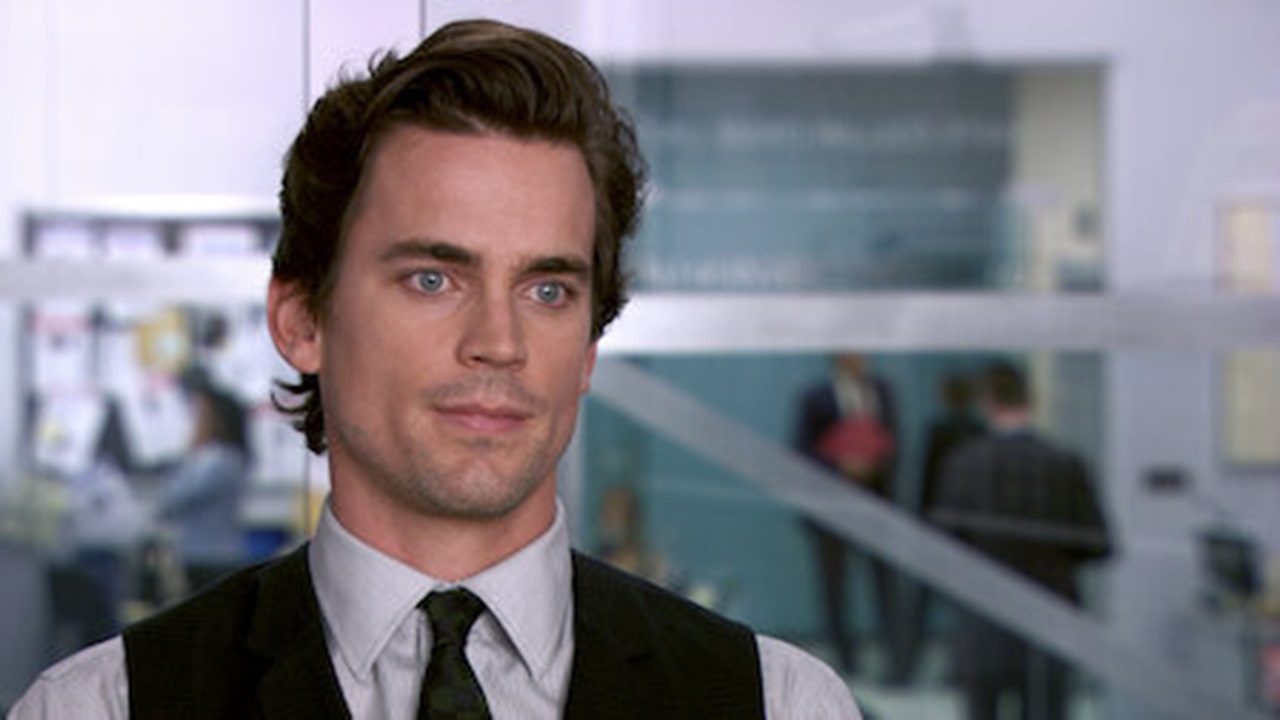
White Collar
Many White Collar fans felt that things were getting a little rinse-and-repeat with the USA Network procedural by the end of its six-season run, with case-of-the-week storylines and stagnant character development. Imagine their surprise, then, when it was announced that the show was getting a Netflix revival, with actors Matt Bomer, Tim DeKay and Tiffani Thiessen reprising their roles.
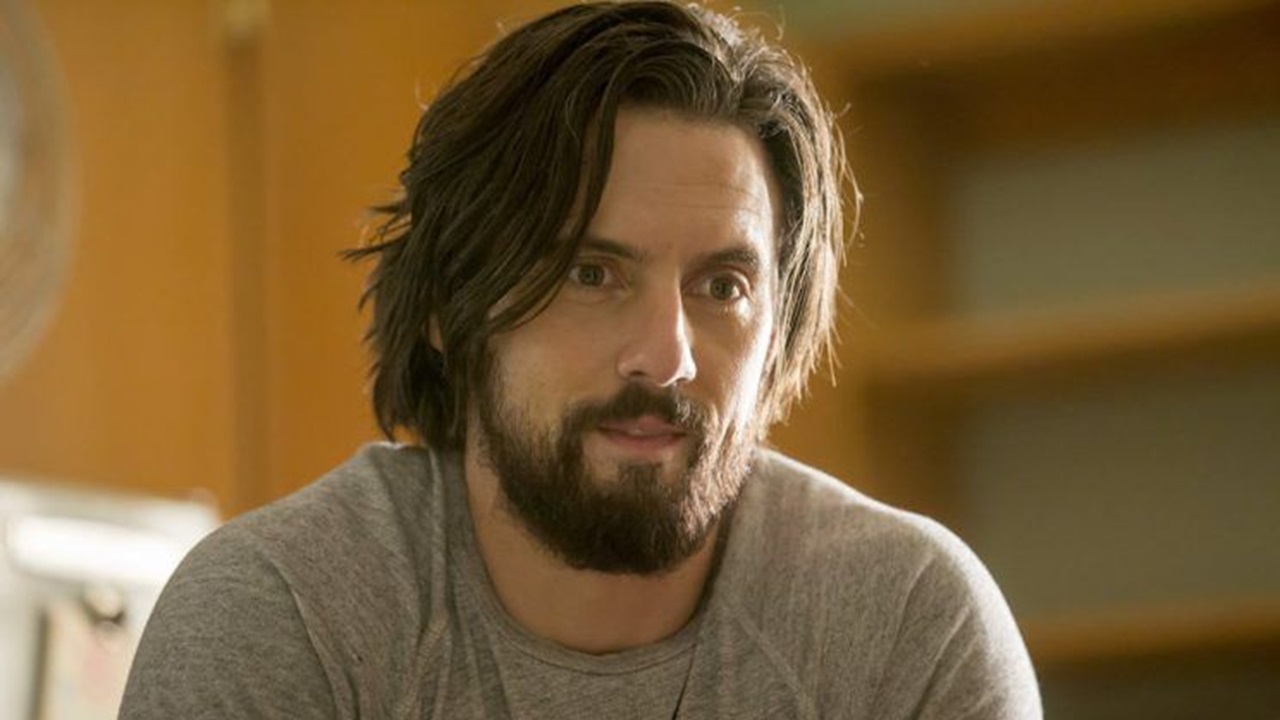
This Is Us
The earned emotionality of early seasons of This Is Us—an NBC family drama that follows the lives of two parents (played by Milo Ventimiglia and Mandy Moore) and their three children (Sterling K. Brown, Chrissy Metz and Justin Hartley,) in several different time frames—started to feel manipulative and maudlin after six years.

Suits
Some television shows suffer from an unsustainable premise. Case in point, Suits, the USA Network legal drama that follows a college dropout with a photographic memory (Patrick J. Adams) who is hired to work as an associate at a prestigious law firm, despite not actually having a license to practice law. Sure, Jan. Despite the dubious concept, Suits aired for a whopping nine seasons.
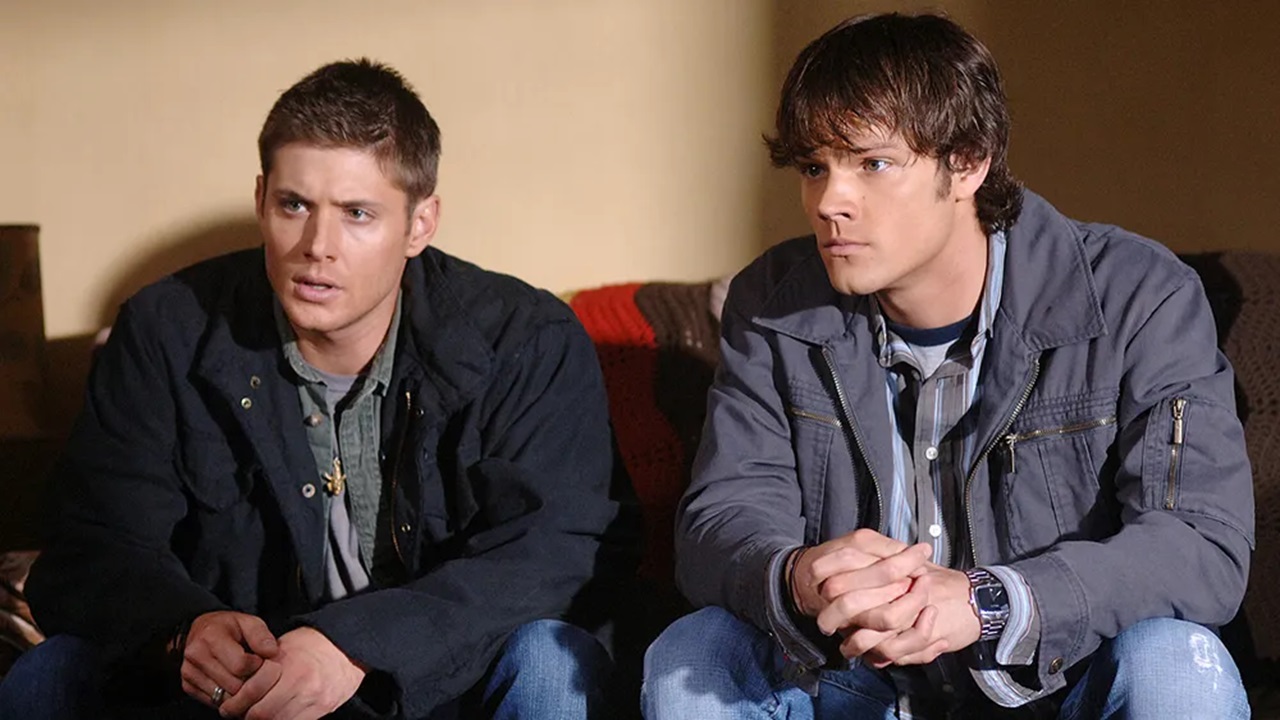
Supernatural
Exactly how many demons, ghosts and monsters did brothers Sam (Jared Padalecki) and Dean Winchester (Jensen Ackles) have to hunt down to save the world? Fifteen seasons and 327 episodes worth! However, even many Supernatural superfans believe the CW fantasy series lost its way by the end and should have finished after season five when creator Eric Kripke left as showrunner.
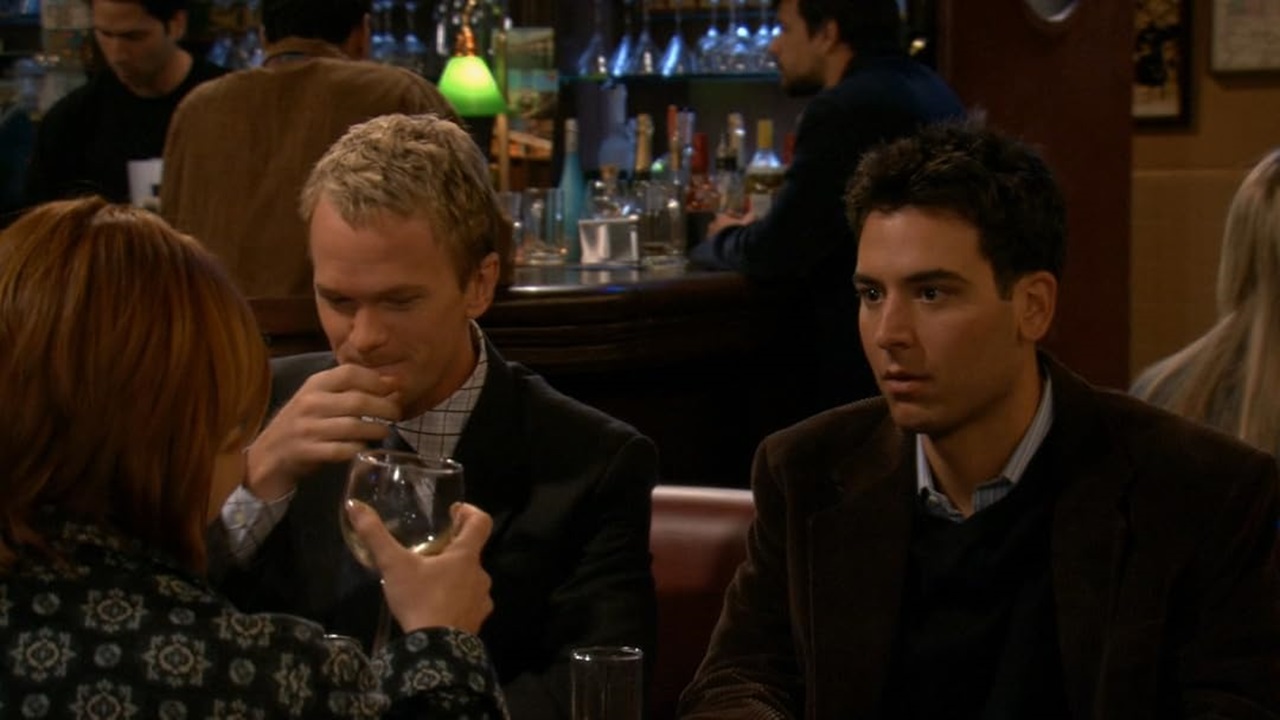
How I Met Your Mother
That is one long story that Ted Mosby (played by Josh Radnor) tells his adolescent children Luke (David Henrie) and Penny (Lyndsy Fonseca) about how their dad first met their mother. In fact, the tale took nine whole years, with many meandering tangents along the way, that we wouldn't blame the kids if they, too, got bored listening to it.
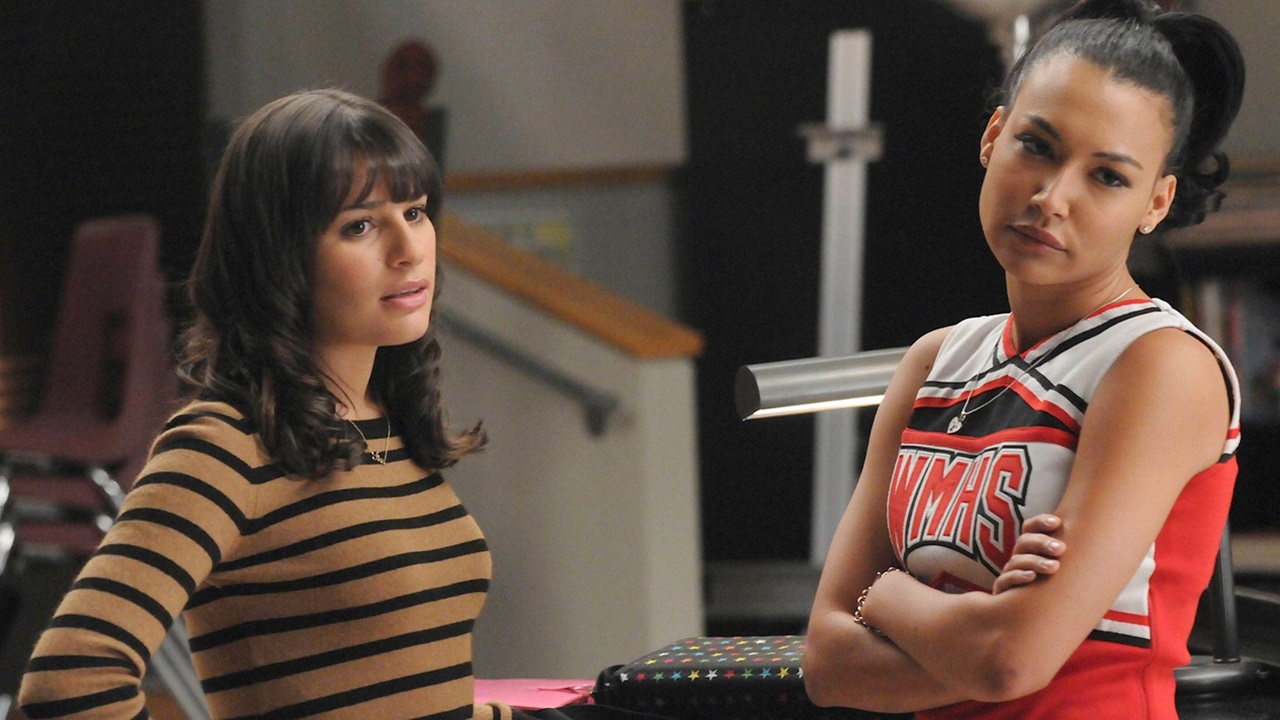
Glee
Few shows faced quite the critical fall from grace as Glee. Early on, the FOX teen show—which centered on the plucky members of New Directions, the glee club of the fictional William McKinley High School—was an awards show juggernaut, winning several Emmys in its first few seasons, but those high notes were soured when the scripts focused less on the show's original characters and more on ad nauseum celebrity guests.
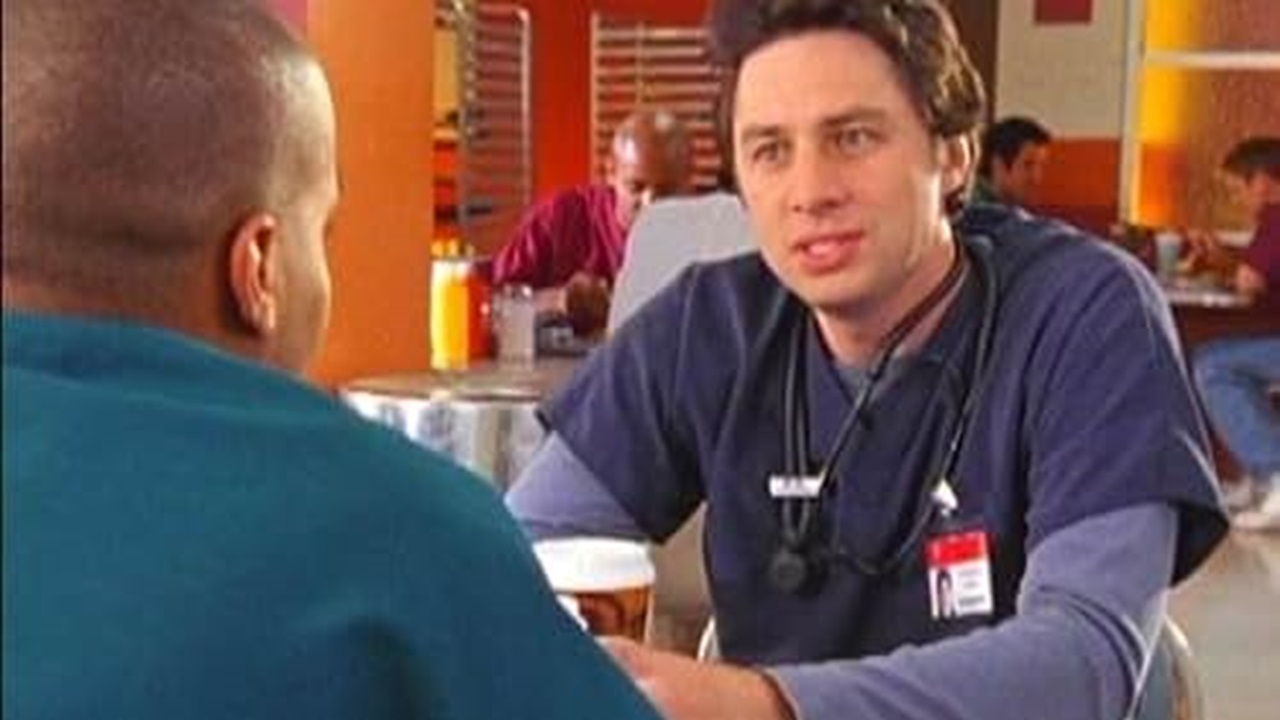
Scrubs
Starting with the ninth season, many of the original Scrubs cast—including Zach Braff, Sarah Chalke, Ken Jenkins and Neil Flynn—stepped back from being main characters on the show, popping up in only a handful or as little as one episode that season. Longtime fans of the NBC medical comedy didn't love that their favorites got replaced with new characters, played by the likes of Kerry Bishé, Michael Mosley and Dave Franco.
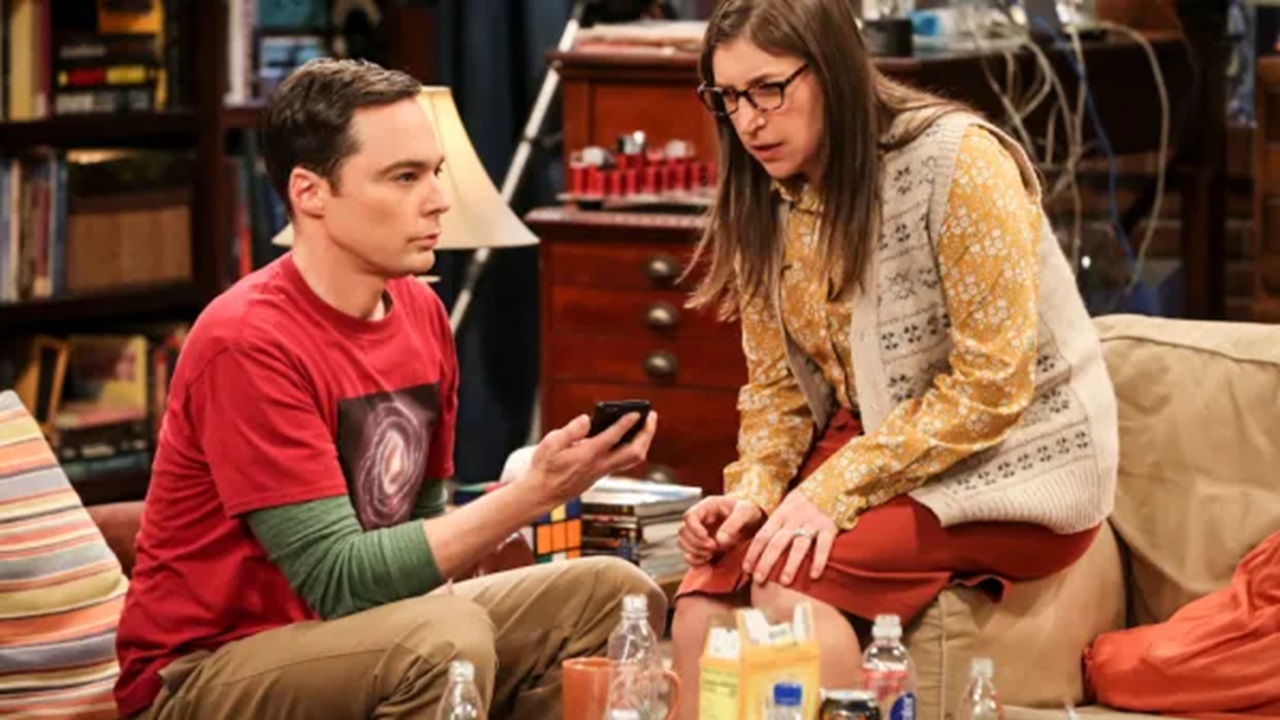
The Big Bang Theory
Running for 12 seasons and 279 episodes, this CBS sitcom about Leonard Hofstadter (Johnny Galecki), Sheldon Cooper (Jim Parsons) and their similarly geeky pals got bogged down by too many main characters, recycled old catchphrases and the use of laugh tracks as a crutch.
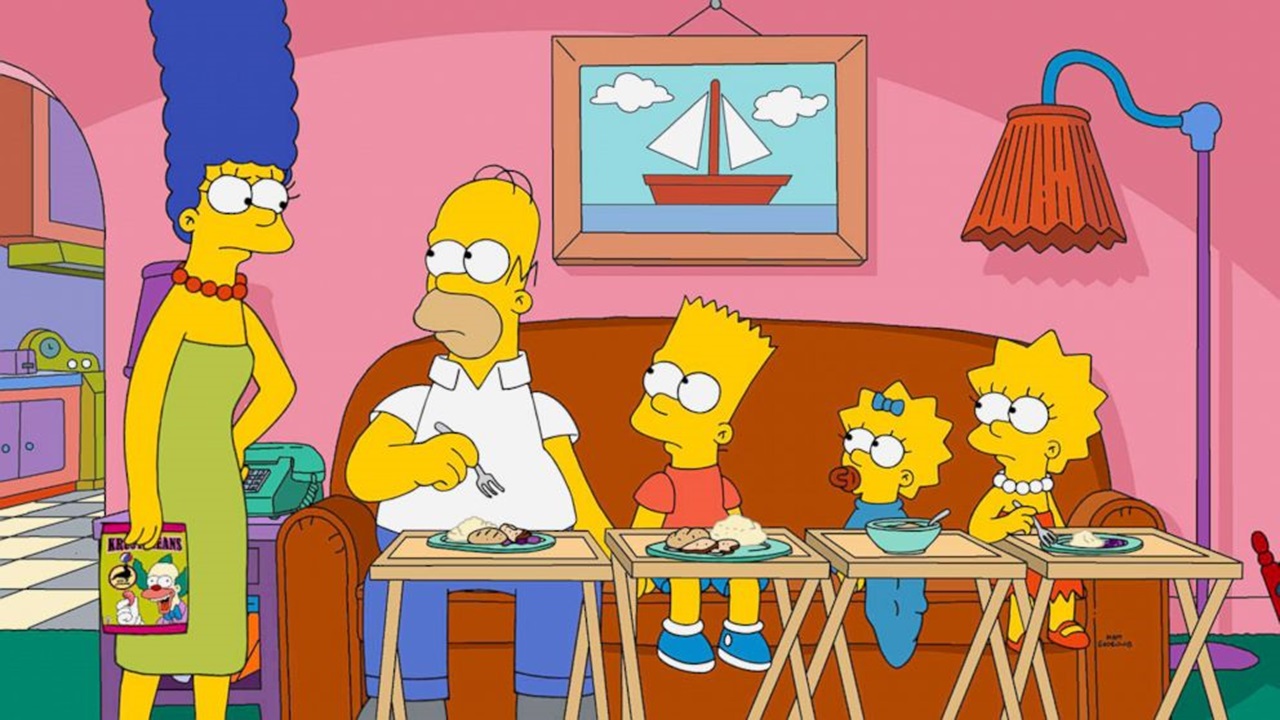
The Simpsons
As old as, well, the person writing this very article, the satirical animated sitcom has broken several TV records in its three-decade tenure, including being the longest-running scripted primetime series in American television. And though Homer, Marge, Bar, Lisa, Maggie and the rest of the residents of Springfield are comedy legends, they now feel like relics of a different generation.
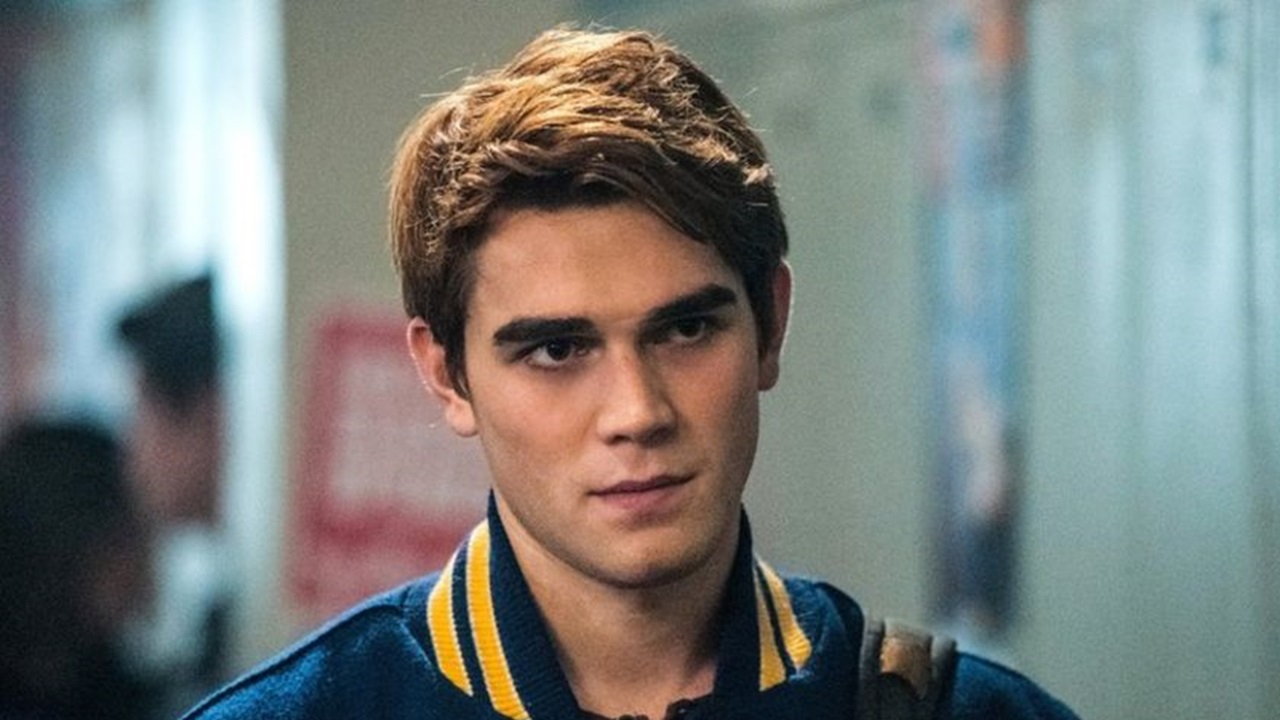
Riverdale
The occurrences within the town of Riverdale were easy enough to keep track of in the early seasons of the CW teen drama, which was populated with the famous characters from Archie Comics (Archie, Betty, Veronica, Jughead and the like.) But as the writing got messier and mazelike, and the characters' storylines more and more outlandish, the soapy series became impossible to take seriously by the end of its seven-season run.
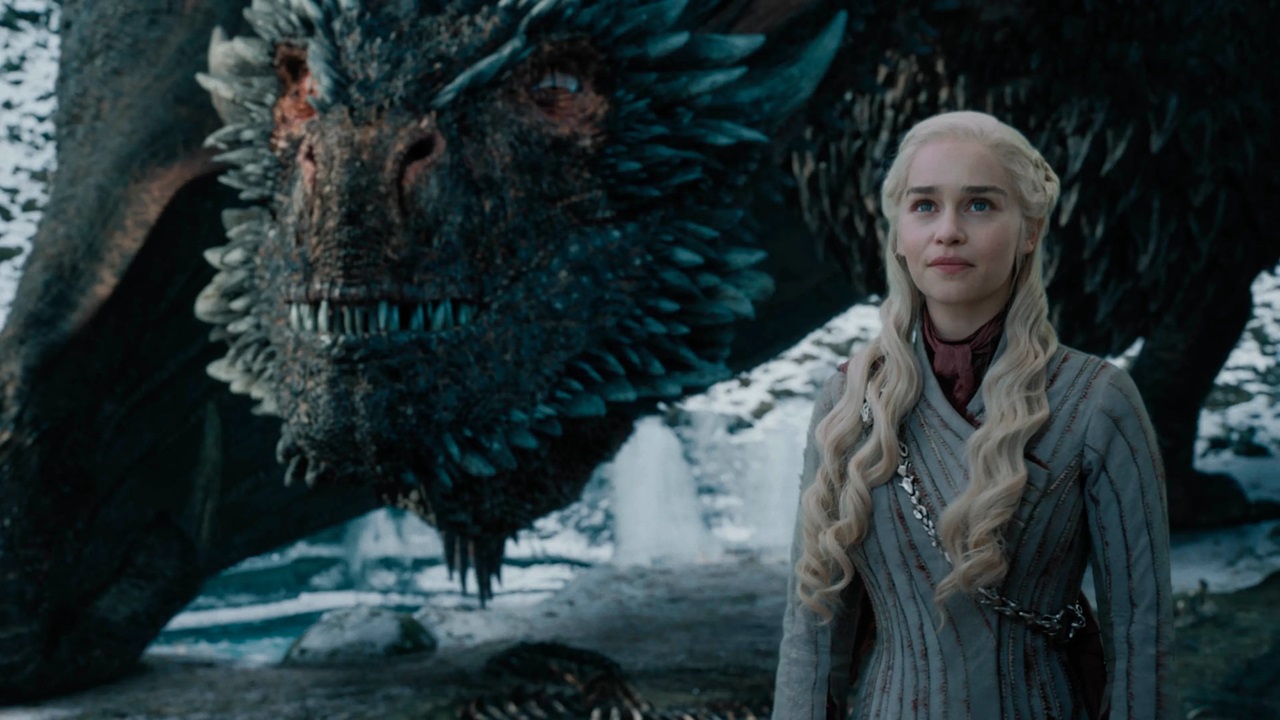
Game of Thrones
The brazenness with which the Game of Thrones creators killed off some of its biggest, most beloved characters — Ned Stark (Sean Bean) in season one, his son Robb (Richard Madden) and wife Catelyn (Michelle Fairley) in season four — majorly lost its umph when the show killed off Jon Snow (Kit Harington) in the season five finale...only to resurrect him two episodes later.
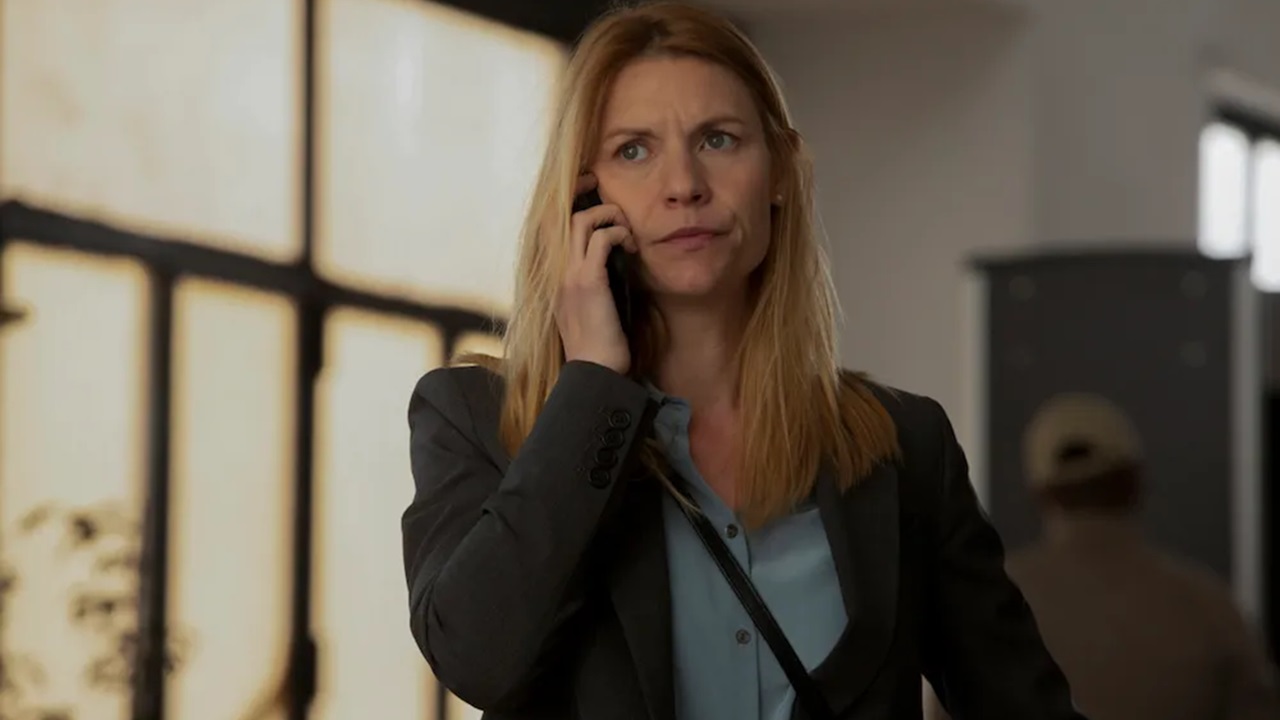
Homeland
The first two seasons of this Showtime espionage thriller — in which Claire Danes stars as a CIA officer with bipolar disorder, opposite Damian Lewis playing a Marine Corps Scout Sniper who has just returned home following eight years in captivity — received universal acclaim, including the 2012 Emmy Award for Outstanding Drama Series. However, though Homeland had eight seasons total, it never recovered in quality following the death of Lewis's character in season 3.
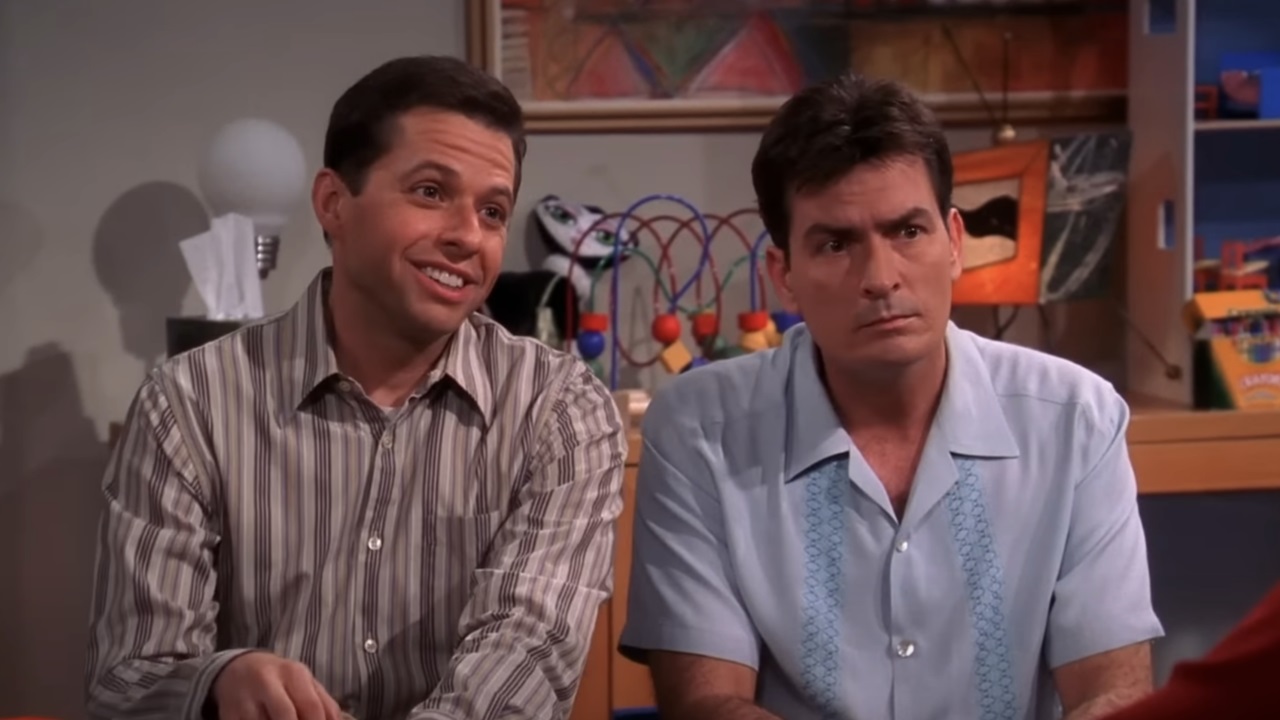
Two and a Half Men
It's always a gamble when you replace the main character of a TV show, especially such a long-running one as the CBS sitcom Two and a Half Men. Originally starring Charlie Sheen as a hedonistic jingle writer living with his uptight brother (played by Jon Cryer) and his nephew (Angus T. Jones), the show misguidedly hired Ashton Kutcher to lead the cast in seasons nine through twelve after Sheen left the show to enter drug rehab.
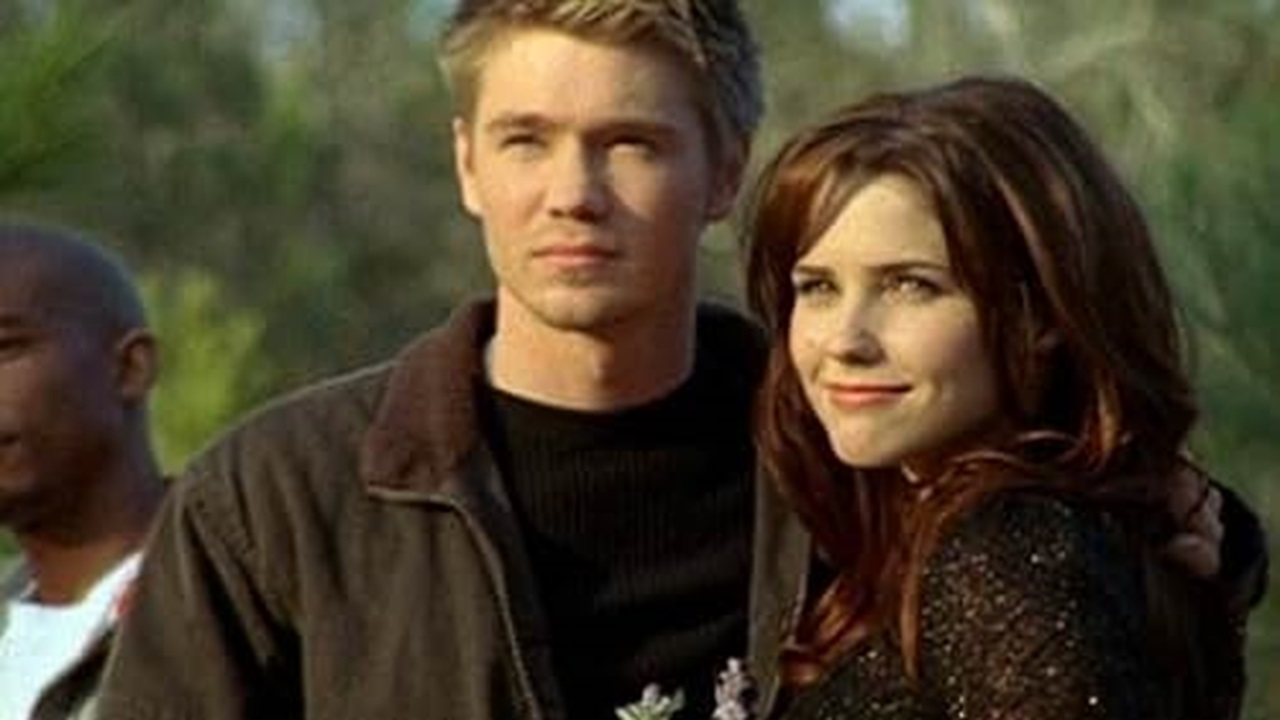
One Tree Hill
It rarely works when a high school show follows its characters to college and into adulthood. One Tree Hill, the early-aughts teen drama that ran for three seasons on The WB and another six on The CW, stretched the storylines of Lucas Scott (Chad Michael Murray), Peyton Sawyer (Hilarie Burton), Brooke Davis (Sophia Bush) and the rest of the Tree Hill Ravens crew too long past graduation, especially as both Murray and Burton departed the show after season five.
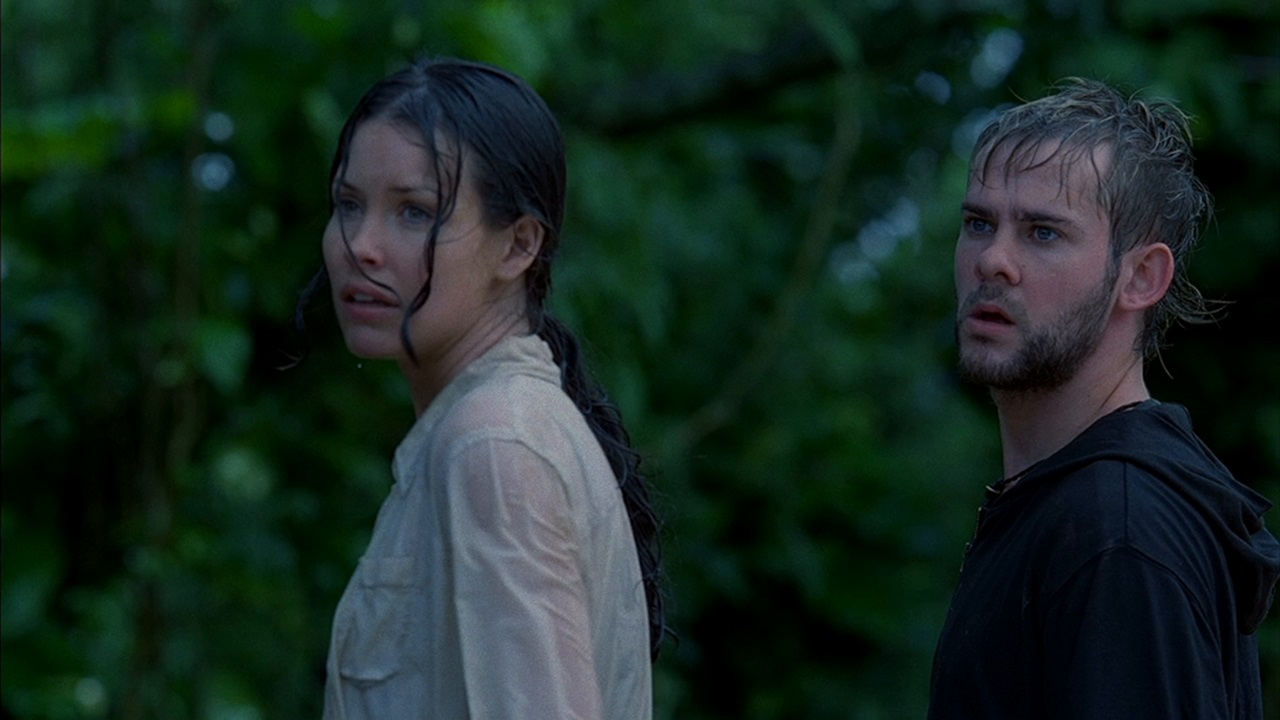
Lost
Airing 121 episodes over six seasons from 2004 to 2010, Lost packed a lot of supernatural nonsense onto that island, frustratingly devolving over the years from a character drama to a complex mythology swirling with time travel, smoke monsters and electromagnetic phenomena. Even co-creator Damon Lindelof has said that he wanted the show to end after three seasons instead of six. By the time the series aired its final episode, the sci-fi series had offered up far too many questions and far too few answers.
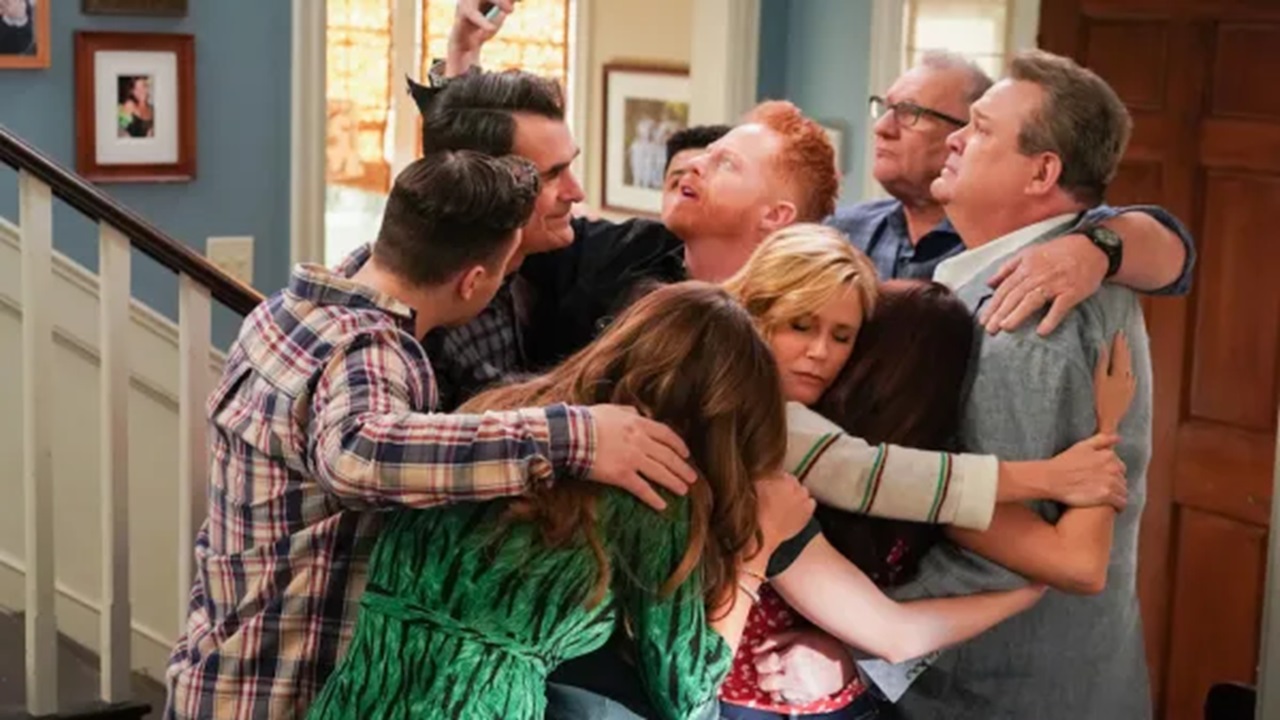
Modern Family
Even Modern Family star Sarah Hyland, who played Haley Dunphy in 11 seasons of the Emmy-winning ABC comedy, was kind of disappointed by the show's later seasons. And she seemingly wasn't the only one: though it had earned both critical acclaim and strong viewership for its earlier installments, season 10 had the worst ratings of the series.
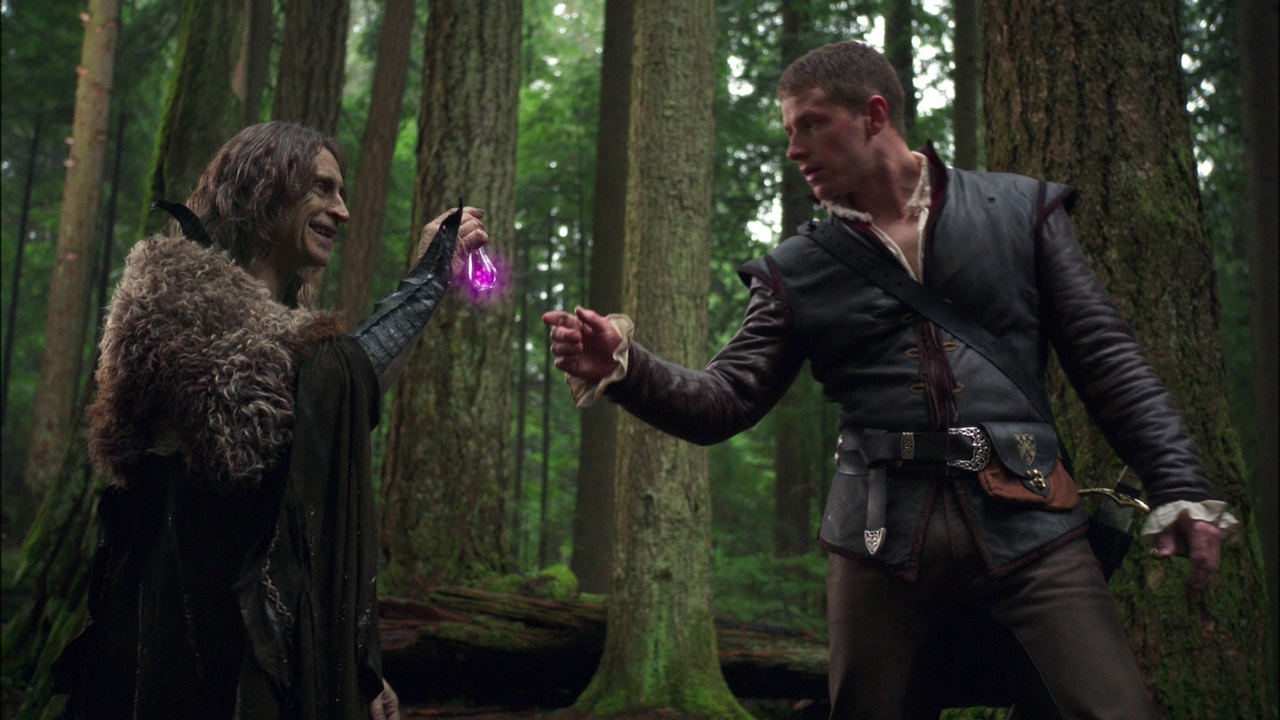
Once Upon a Time
The thing about fairytales is that soon enough you get to that happily ever after at the end. The ABC fantasy drama Once Upon a Time seemingly didn't get that message because it made fans wait for that storybook ending for seven long seasons — even Robert Carlyle, who portrayed Rumplestiltskin in the series, retrospectively admitted to The A.V. Club that he felt that the series "ran for too long."
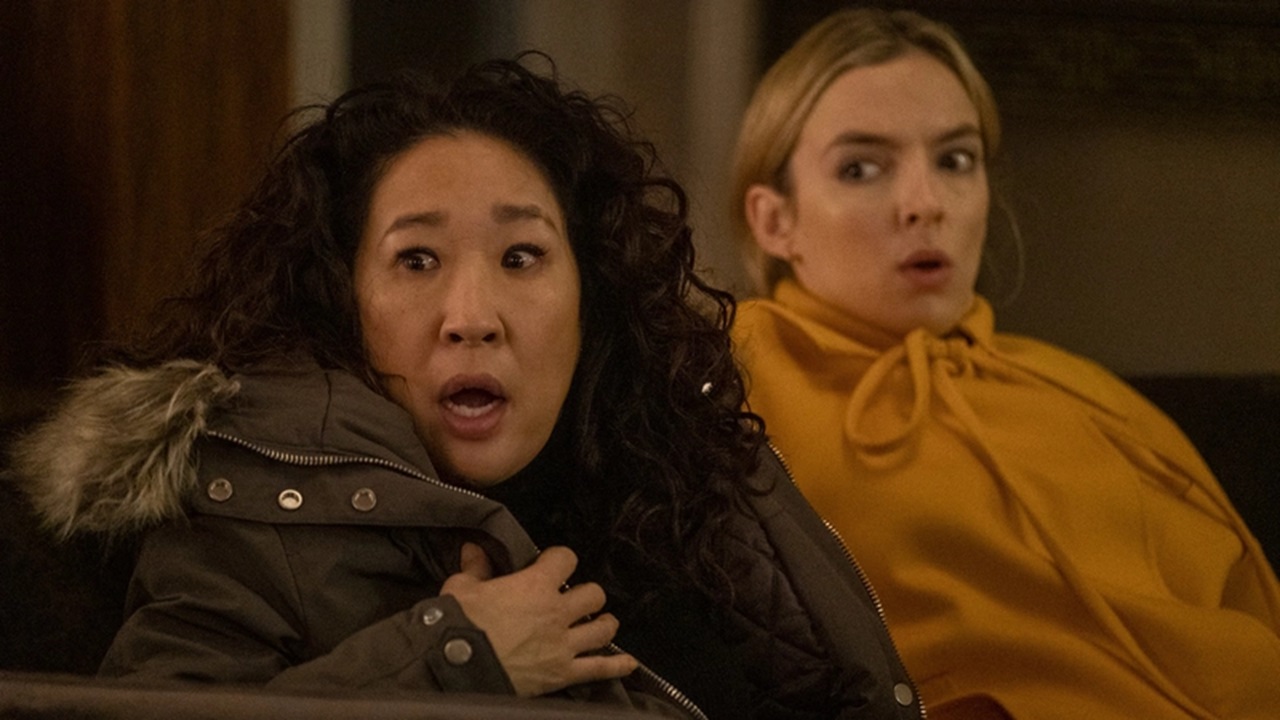
Killing Eve
On paper, we should have never wanted Killing Eve to end, with its cast led by a superb Sandra Oh and Jodie Comer — as a British intelligence investigator and the psychopathic assassin she's tasked with capturing, respectively — and scripts from the brilliant mind of Fleabag scribe-star Phoebe Waller-Bridge. However, when Waller-Bridge departed as head writer after the first season, the once-great show simply ran out of story.
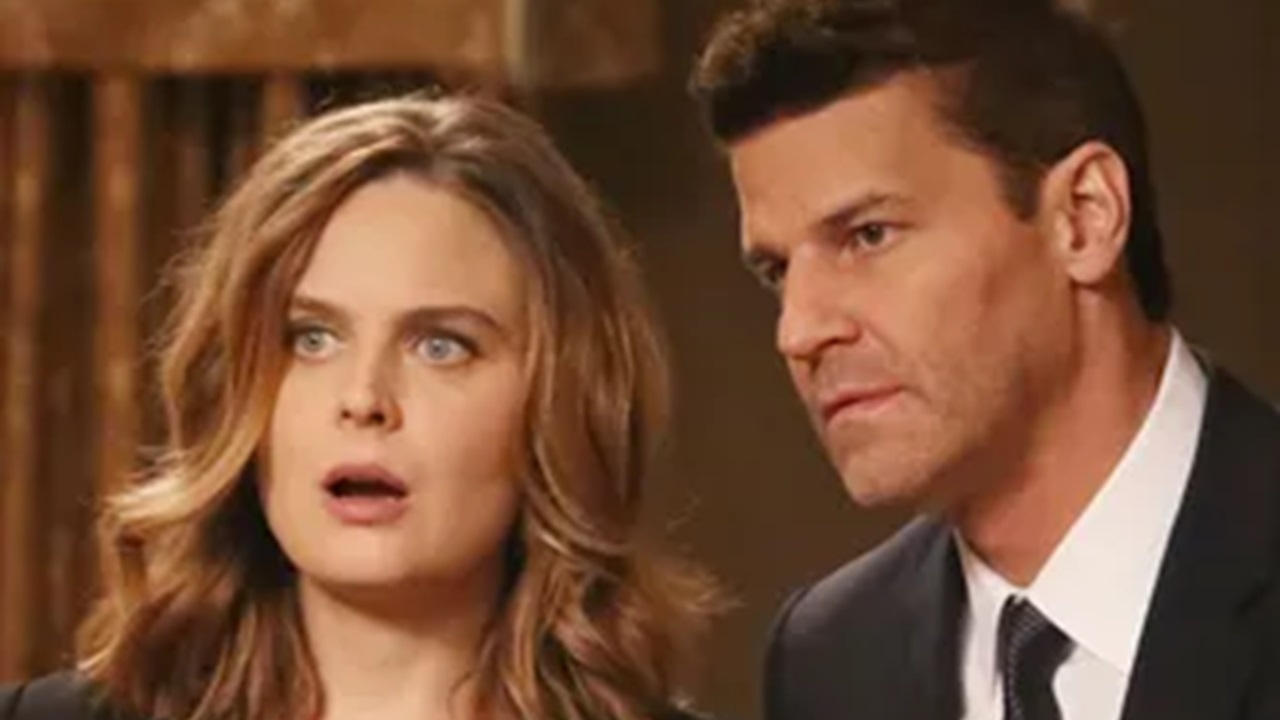
Bones
Crime procedurals have a habit of staying on TV long after they should, what with their formulaic case-of-the-week structure that's easy to replicate season after season. And Bones, the long-running Fox crime drama starring Emily Deschanel and David Boreanaz, is definitely no exception, overstuffed with soapy gimmicks, themed episodes and a way-too-long will-they-won't-they dynamic between Deschanel's Temperance Brennan and Boreanaz's Seeley Booth.
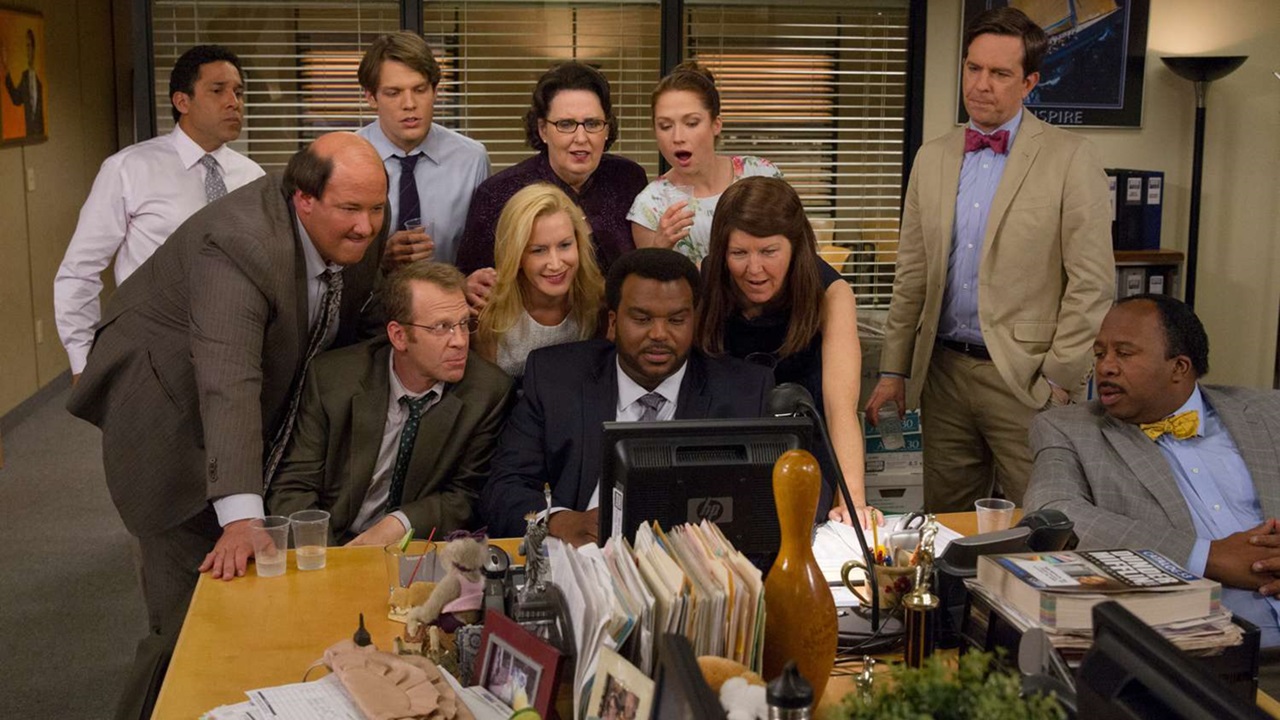
The Office
Of course, we love the entire Dunder Mifflin crew, but everybody knows that The Office should have naturally called it quits when lead Steve Carell — who played the "World's Best Boss," a.k.a. the delightfully incompetent Michael Scott — departed the show after its seventh season. Not even big-name actors like Will Ferrell and James Spader could fill the hole Michael Scott left.
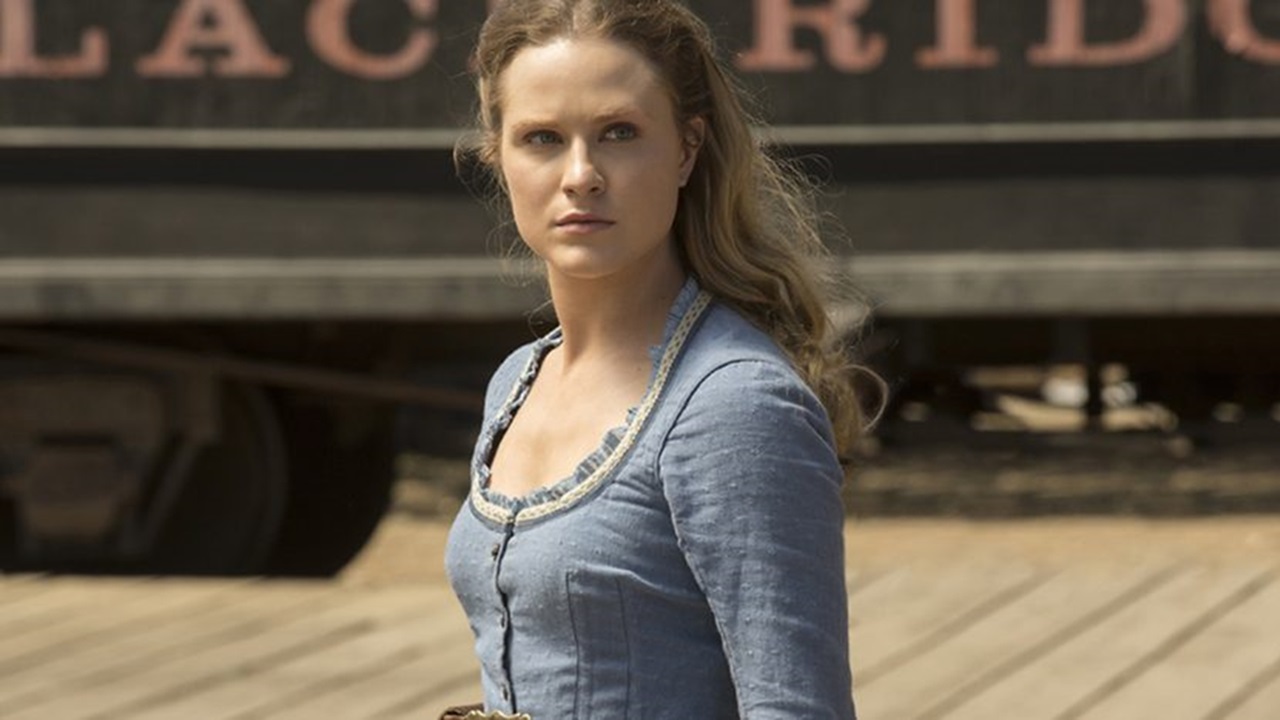
Westworld
Westworld's first season is to this day the most-watched first season of any HBO original series. However, that popularity, coupled with early critical acclaim, didn't last long for the dystopian Western — the writing and character work drastically declined by the time the show was canceled in November 2022, and just a month later, the entire series was brutally removed from HBO Max.
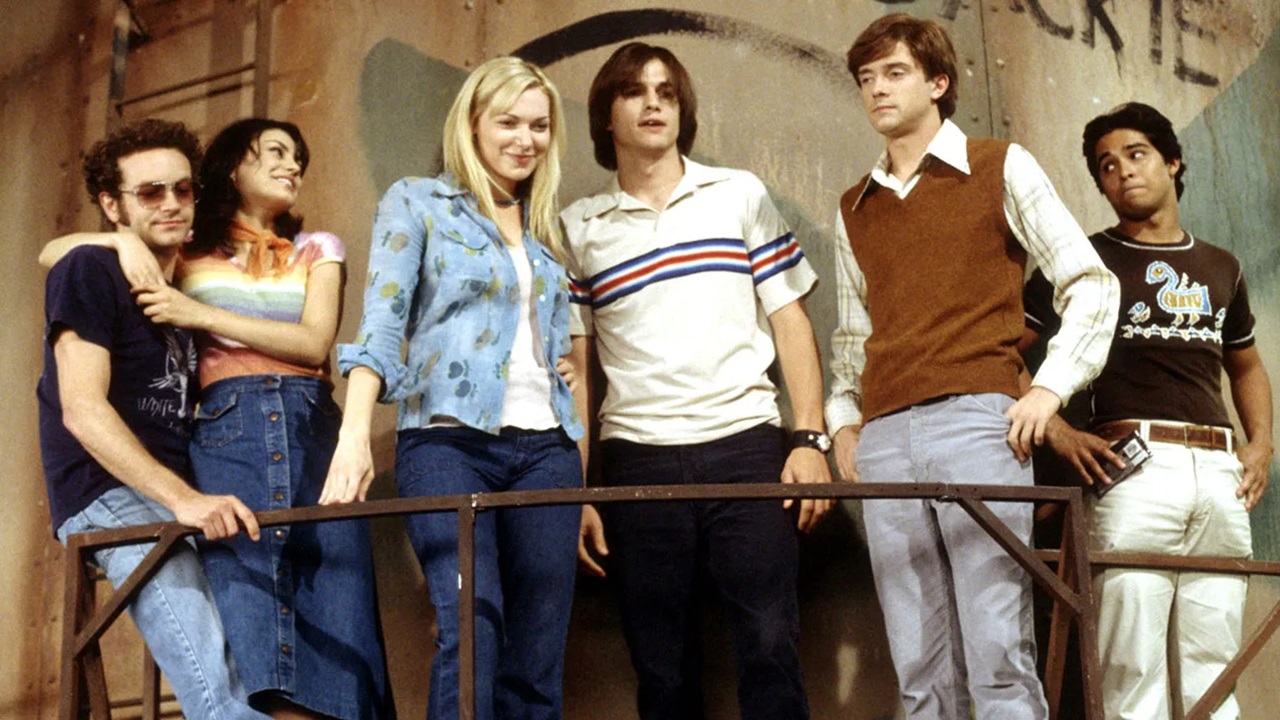
That '70s Show
The Fox teen drama — centered on a groovy group of teenage friends living in the fictional town of Point Place, Wisconsin — worked because of the chemistry created by its young cast, including Topher Grace, Mila Kunis, Ashton Kutcher, Danny Masterson, Laura Prepon and Wilmer Valderrama. So of course the show itself took a creative hit when that chemistry was altered following the departures of Grace and Kutcher after the seventh season.
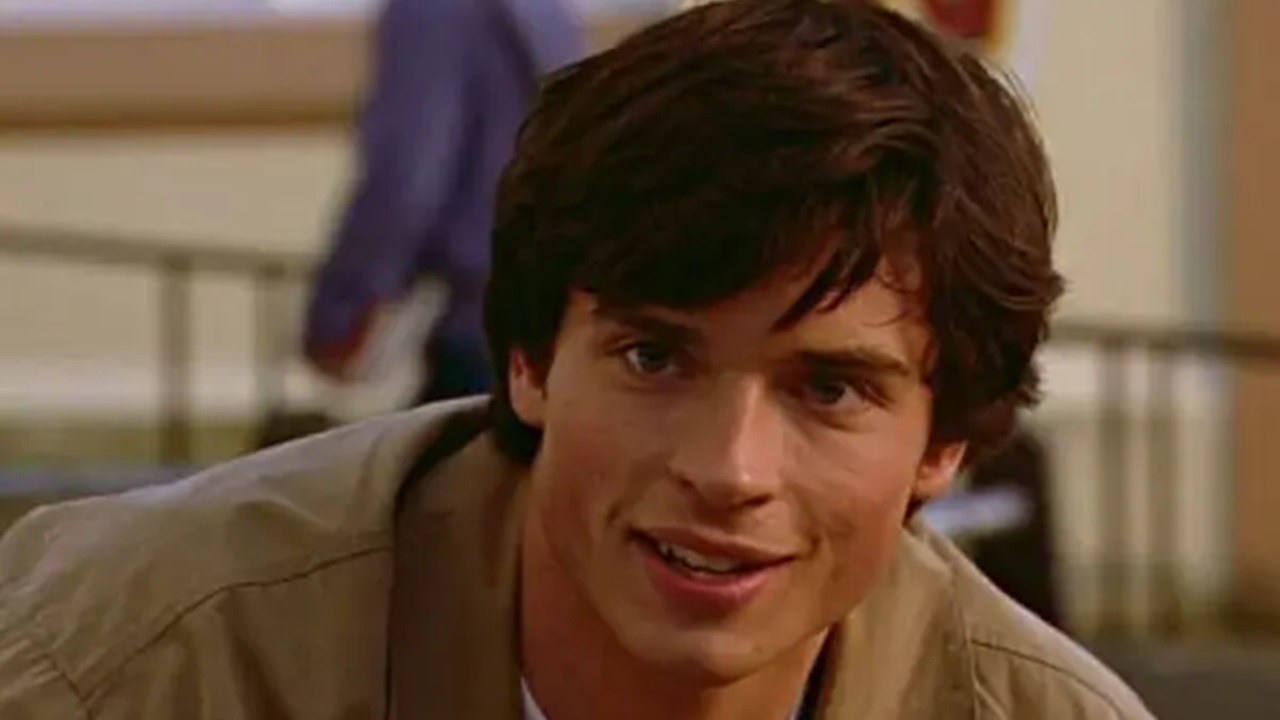
Smallville
Initially a show about a teenage Clark Kent dealing with issues both human (bullies, crushes) and superhuman (kryptonite and such) while growing up in fictional Smallville, Kansas, Smallville seemed to care less and less about the human side of the Man of Steel over the course of ten seasons. Many fans suggest that the TV superhero should have hung his cape after season seven, which saw the departure of both the show's main villain Lex Luther (Michael Rosenbaum) and Smallville creators Alfred Gough and Miles Millar.
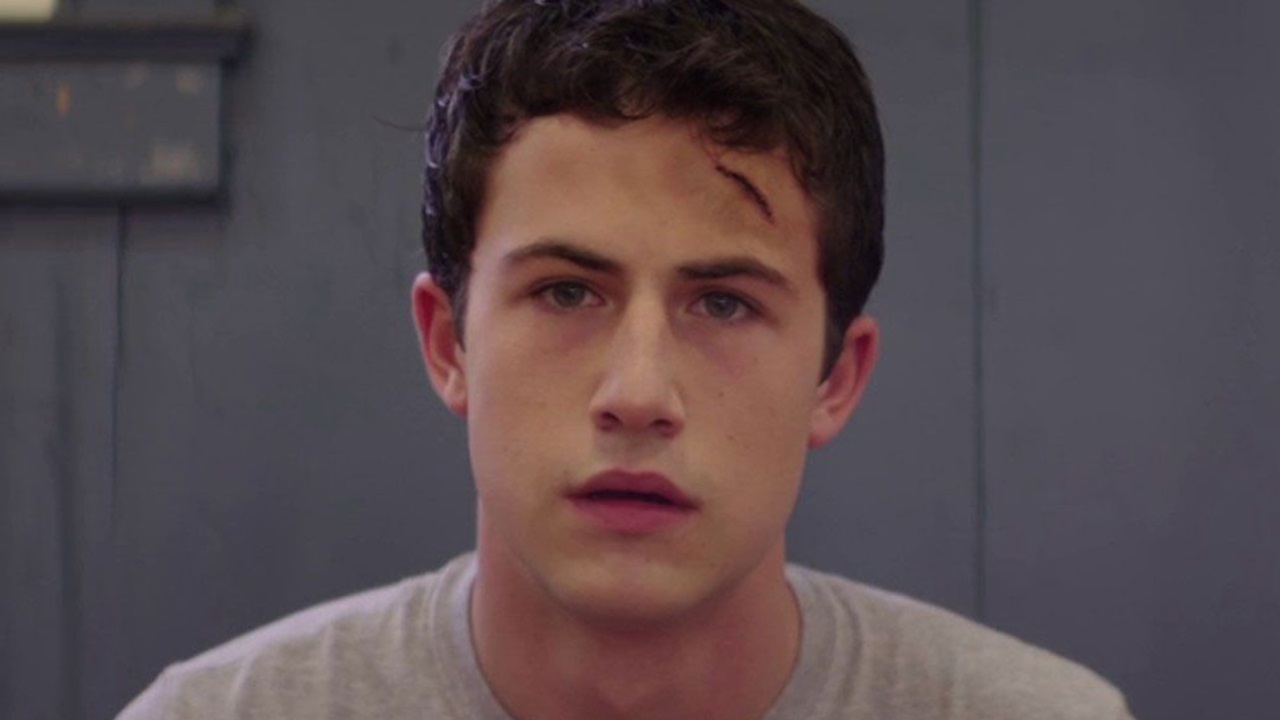
13 Reasons Why
Based on the young adult novel by Jay Asher, 13 Reasons Why is one of those cases where a multi-season show was made to be a limited series. Instead of just neatly telling the story of Hannah Baker (Katherine Langford) and the tapes she leaves behind after tragically ending her own life, the Netflix teen drama inexplicably changed genres throughout its four-season run, becoming a poor murder mystery in the show's third season.
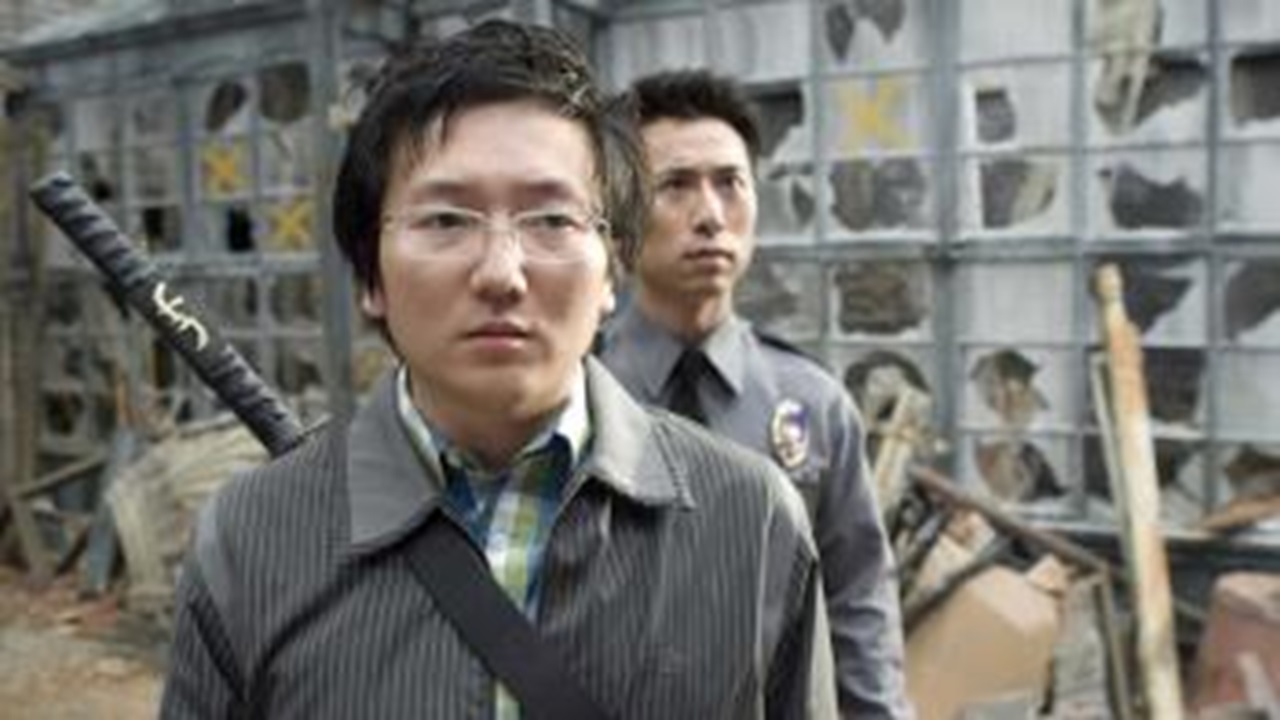
Heroes
Though the NBC superhero drama Heroes only went on for four seasons, critics of the show were already pointing out less-than-engaging storylines and lack of cohesion as early as season two. The tales of ordinary people who discover that they have superhuman abilities and have to work together to prevent catastrophic futures should have been adrenaline-pumping stuff, but it simply couldn't sustain that energy after its acclaimed first season.
Christina Izzo is a writer-editor covering culture, entertainment and lifestyle in New York City. She was previously the Deputy Editor at My Imperfect Life, the Features Editor at Rachael Ray In Season and Reveal, as well as the Food & Drink Editor and chief restaurant critic at Time Out New York. Regularly covers Bravo shows, Oscar contenders, the latest streaming news and anything happening with Harry Styles.
